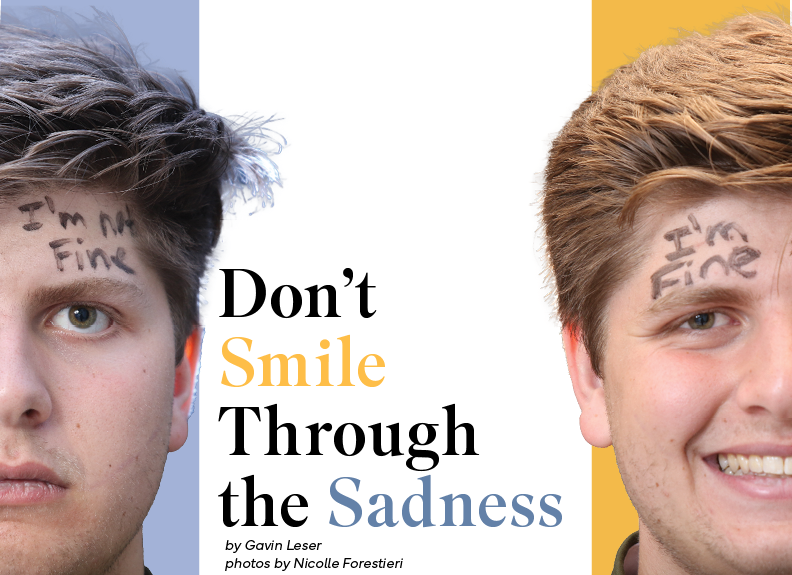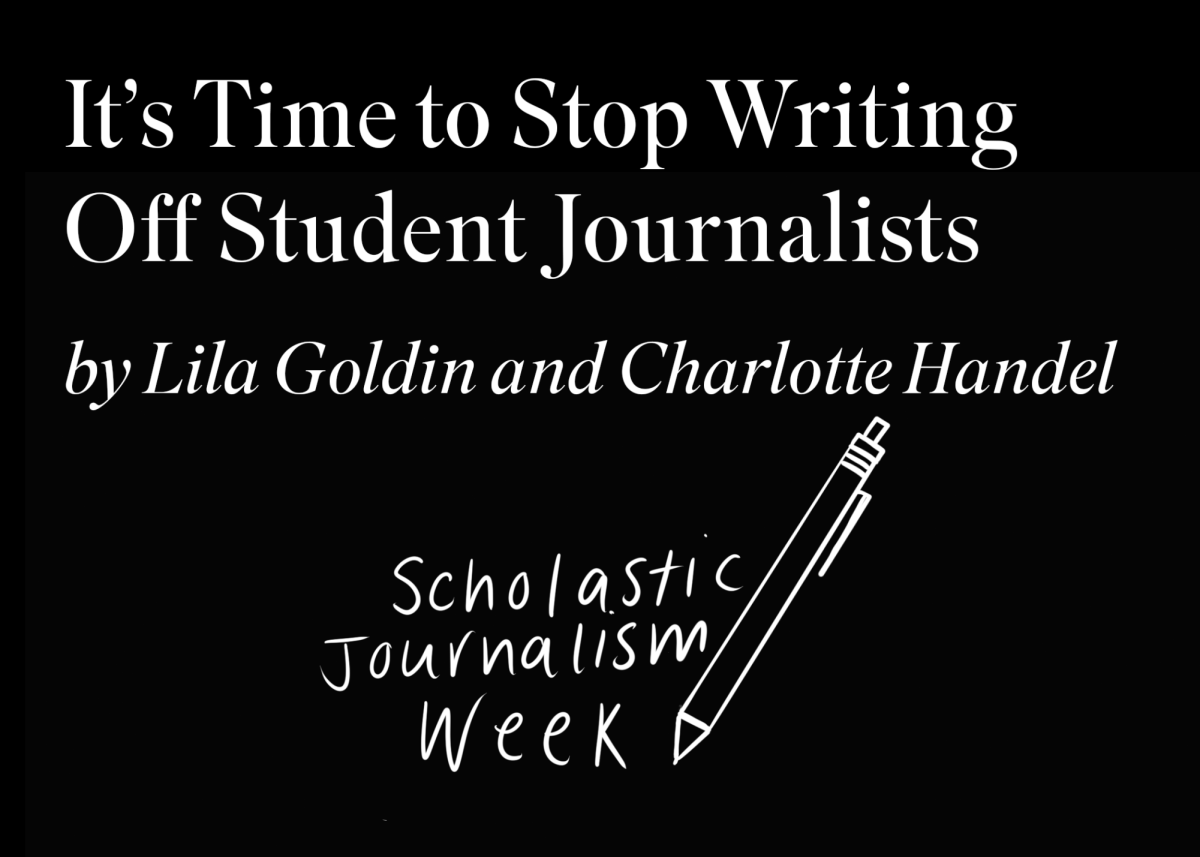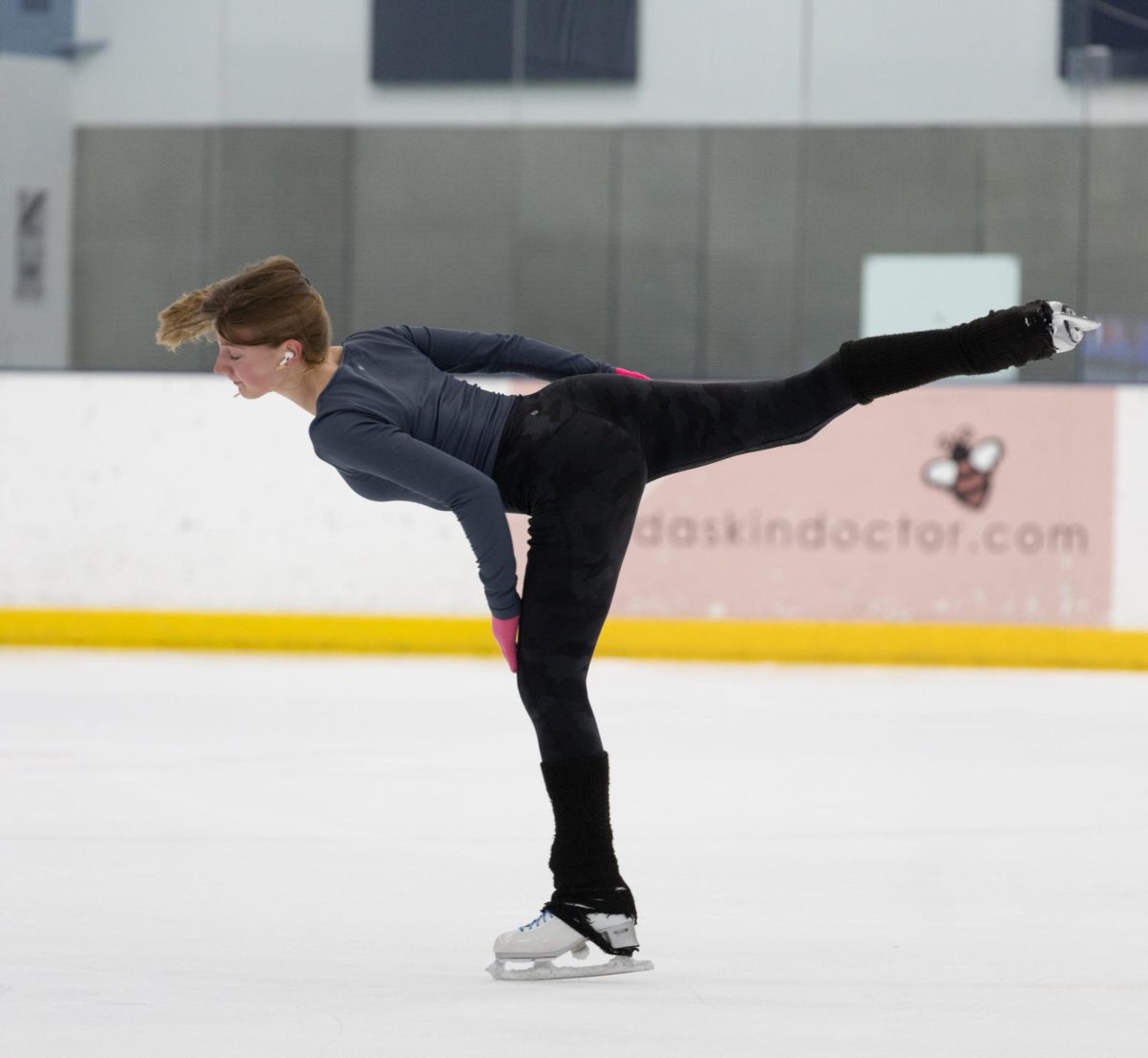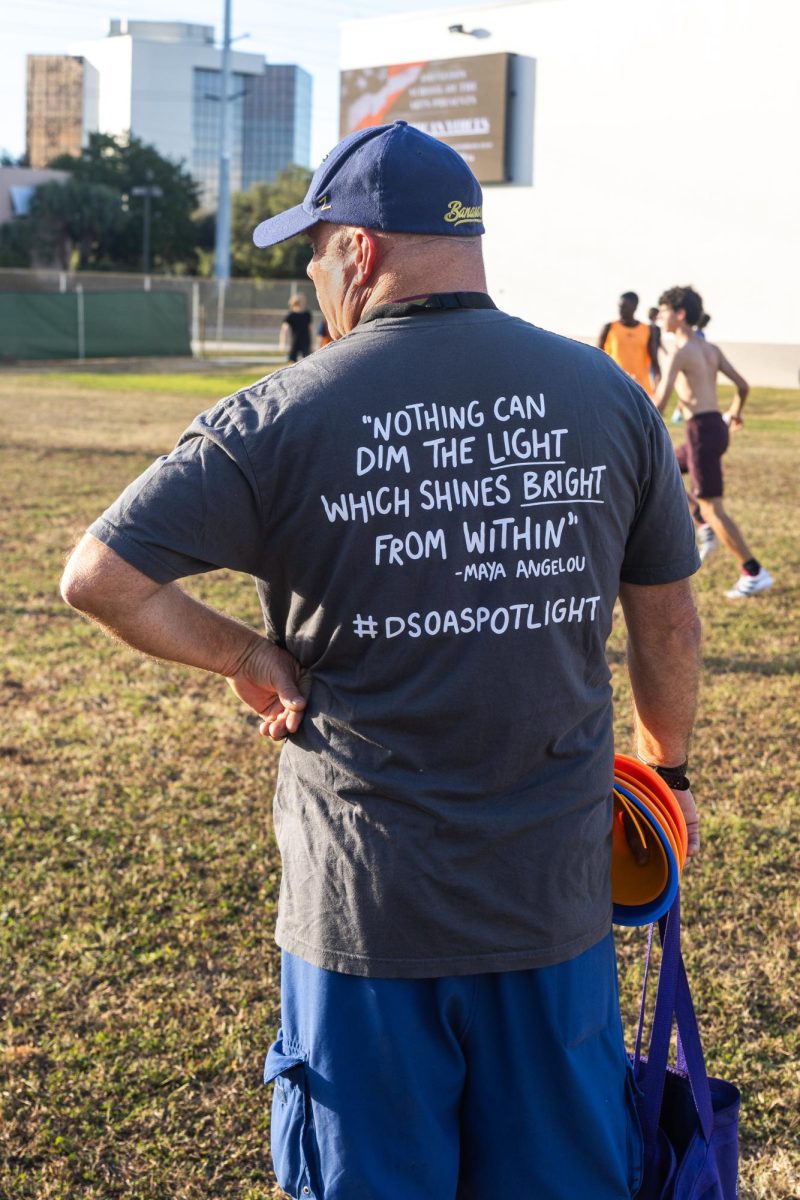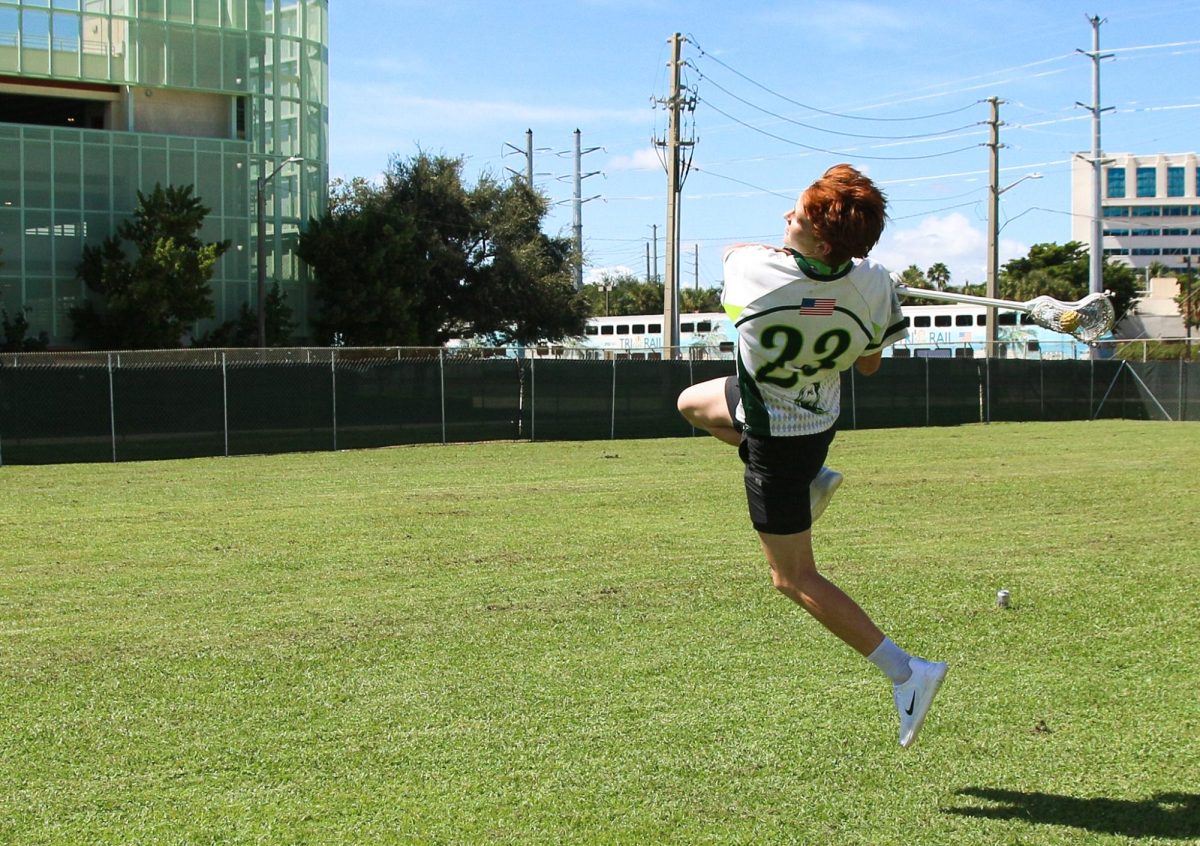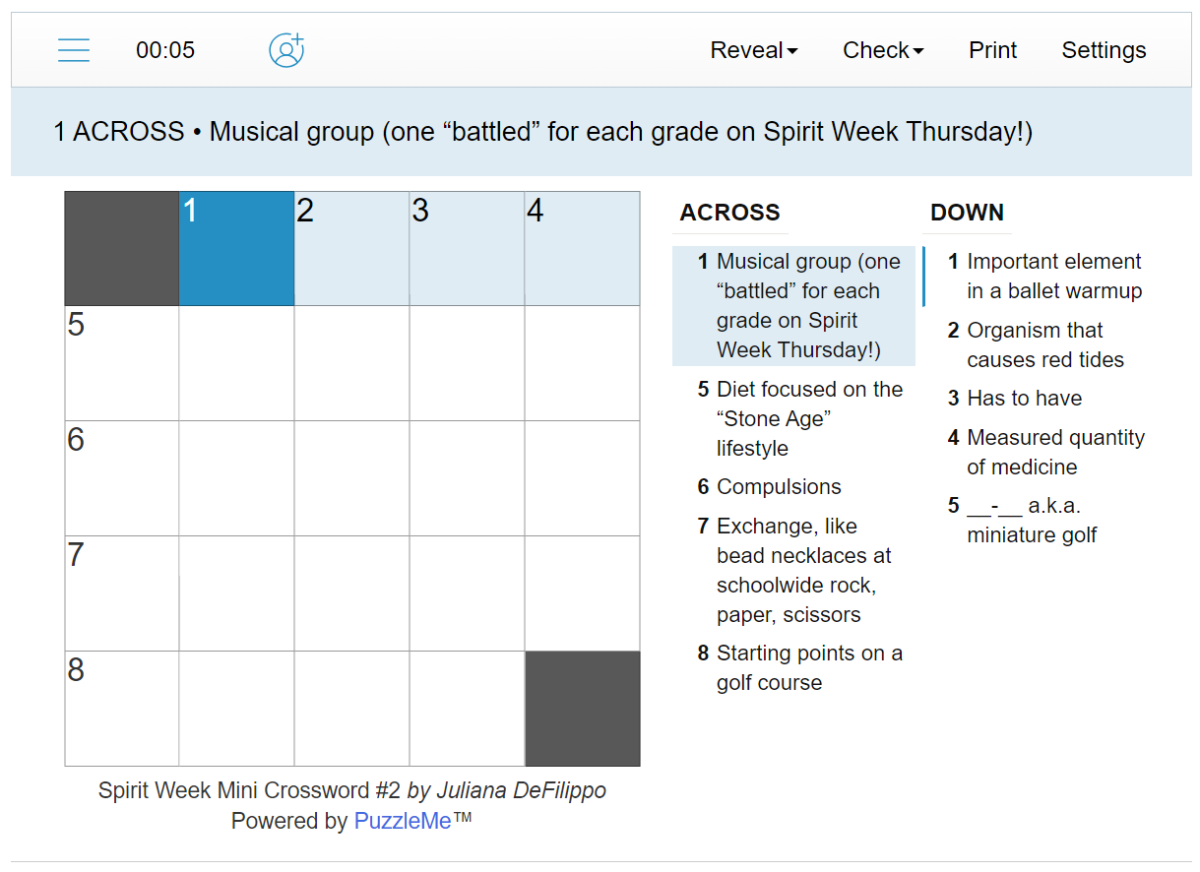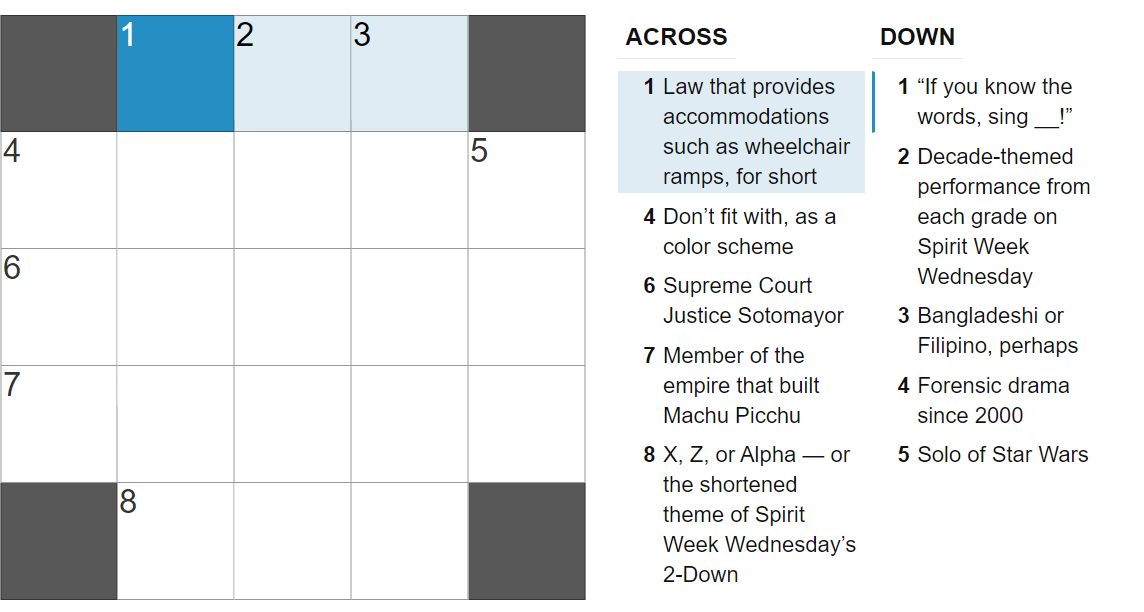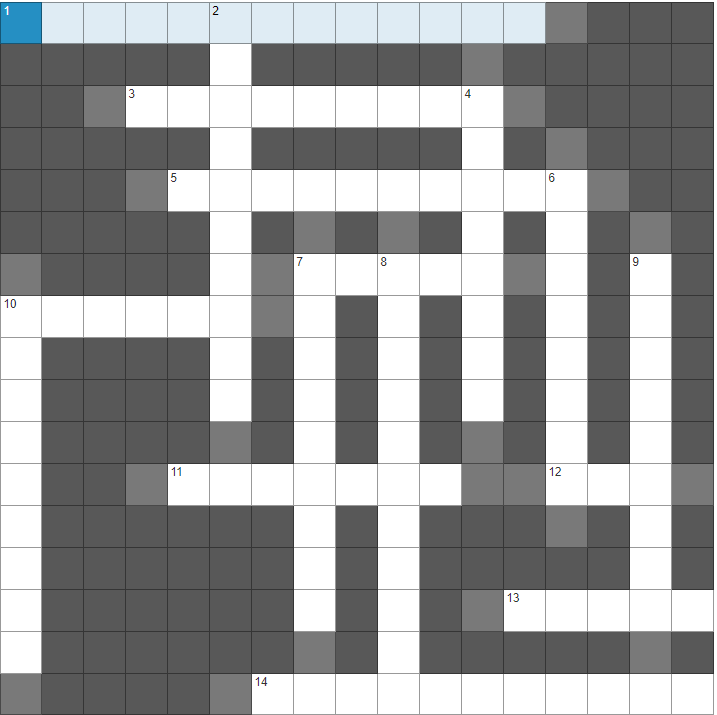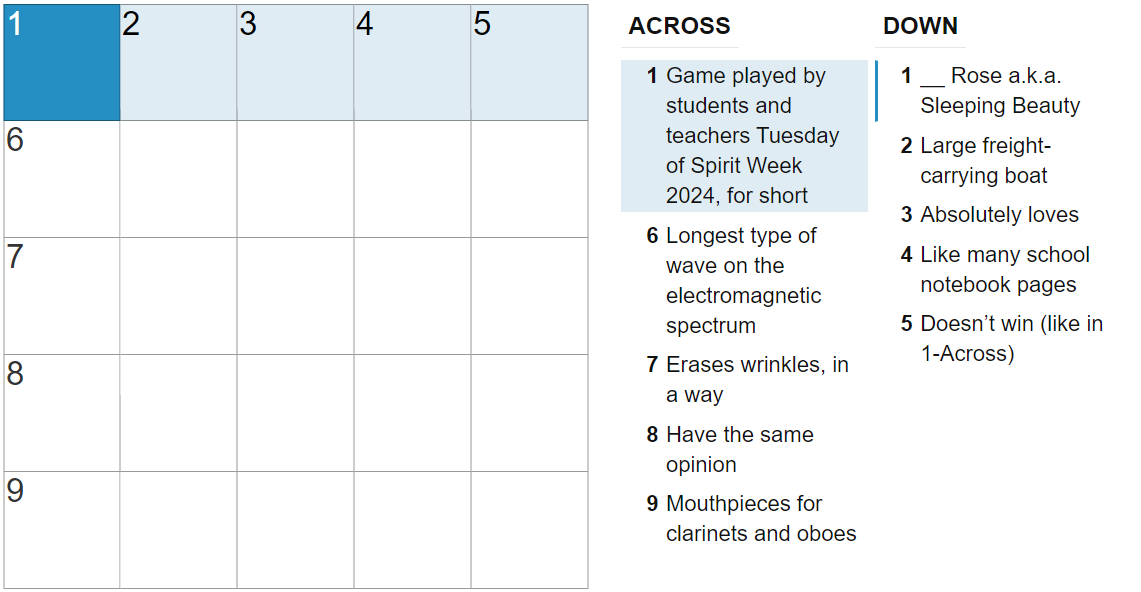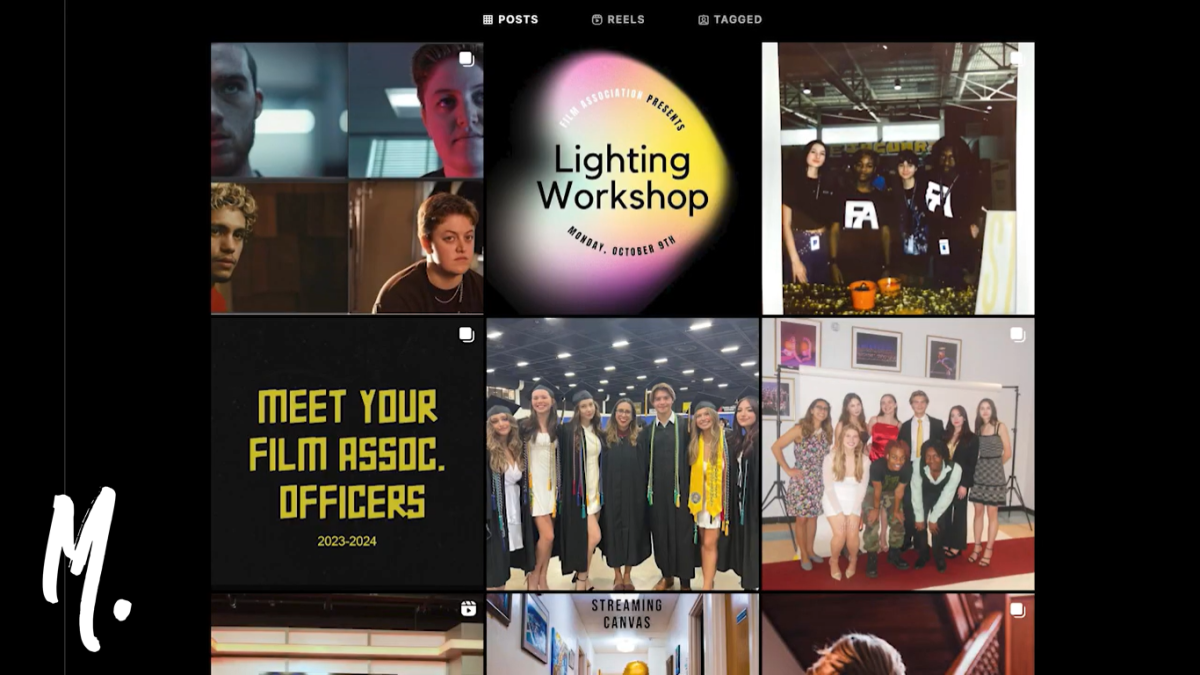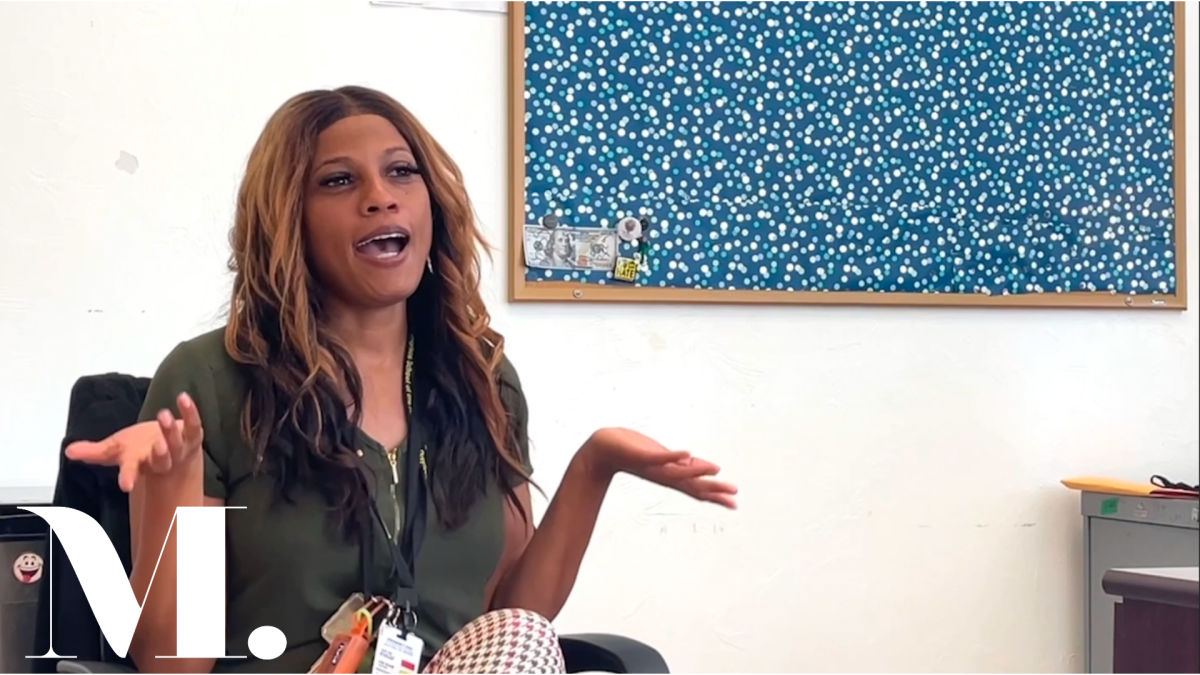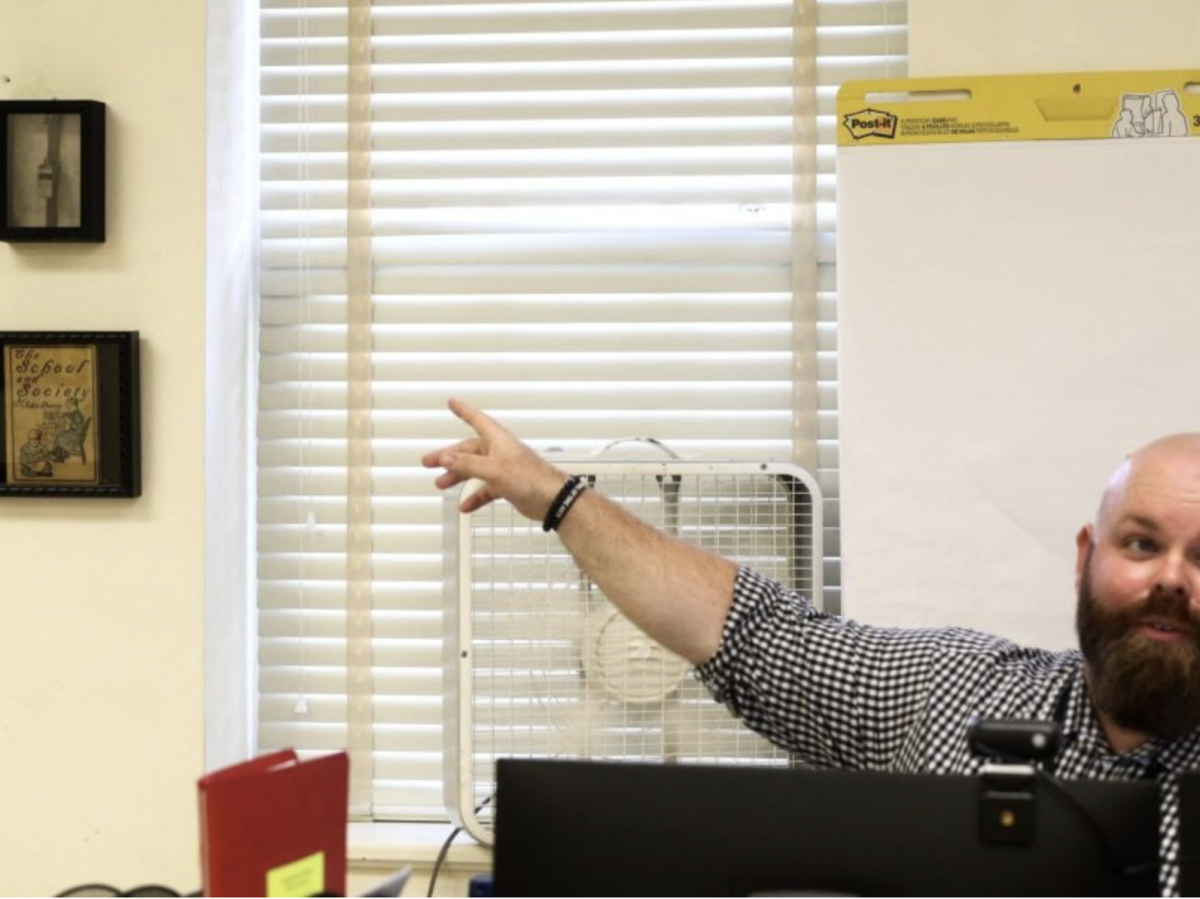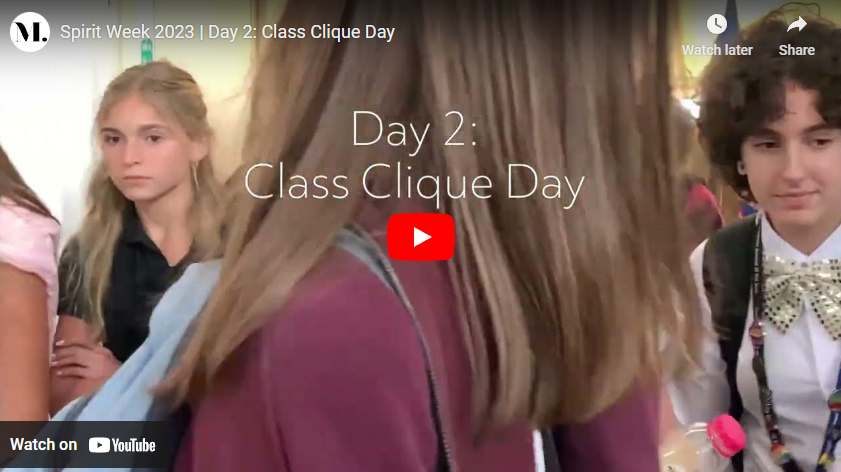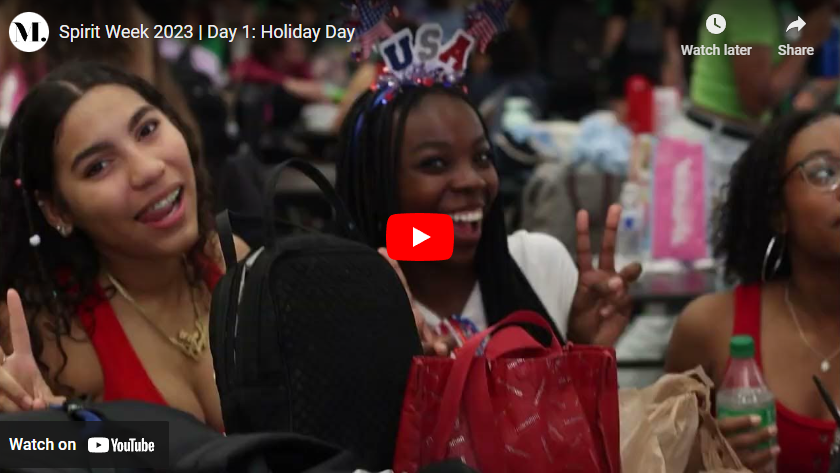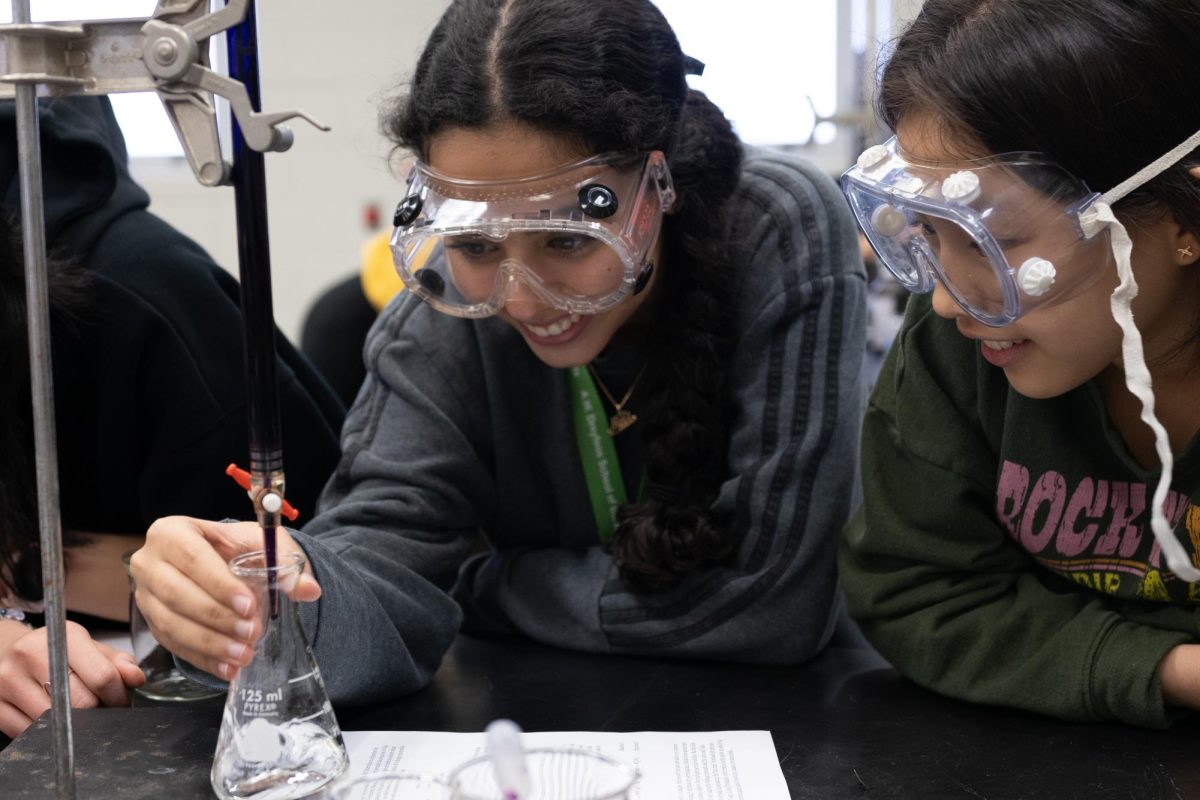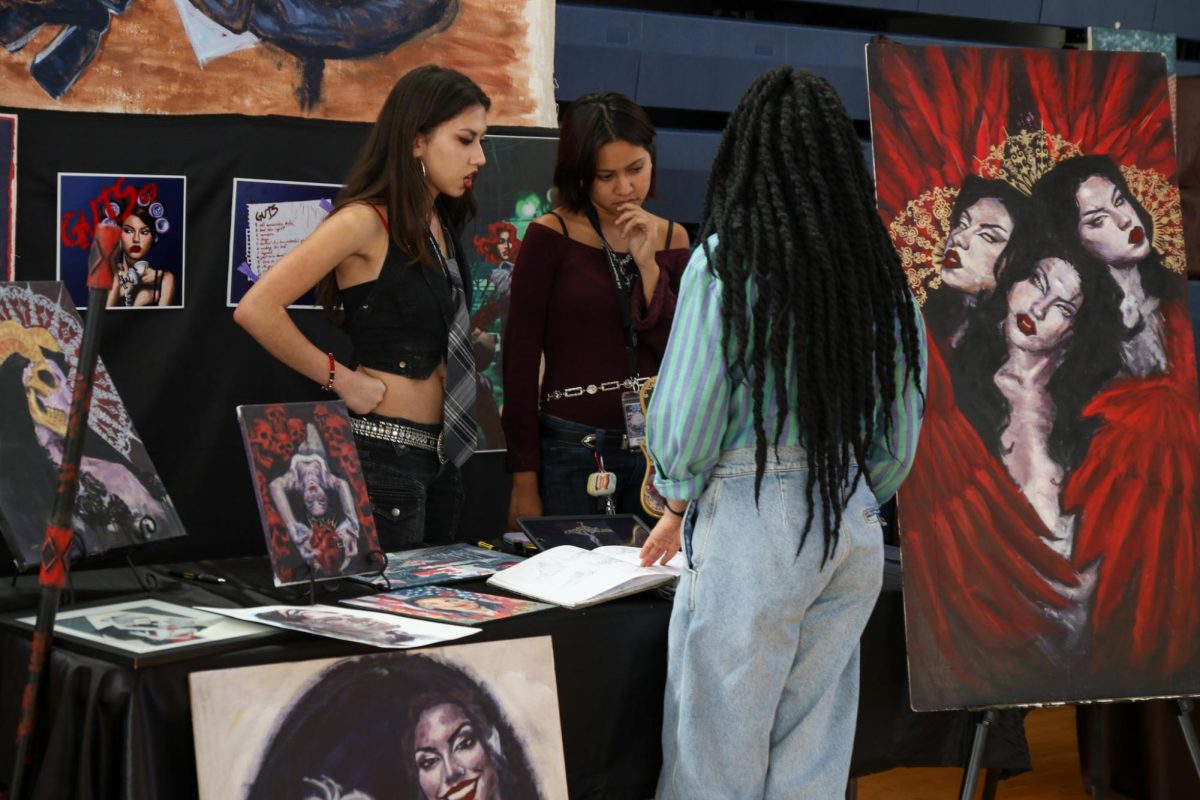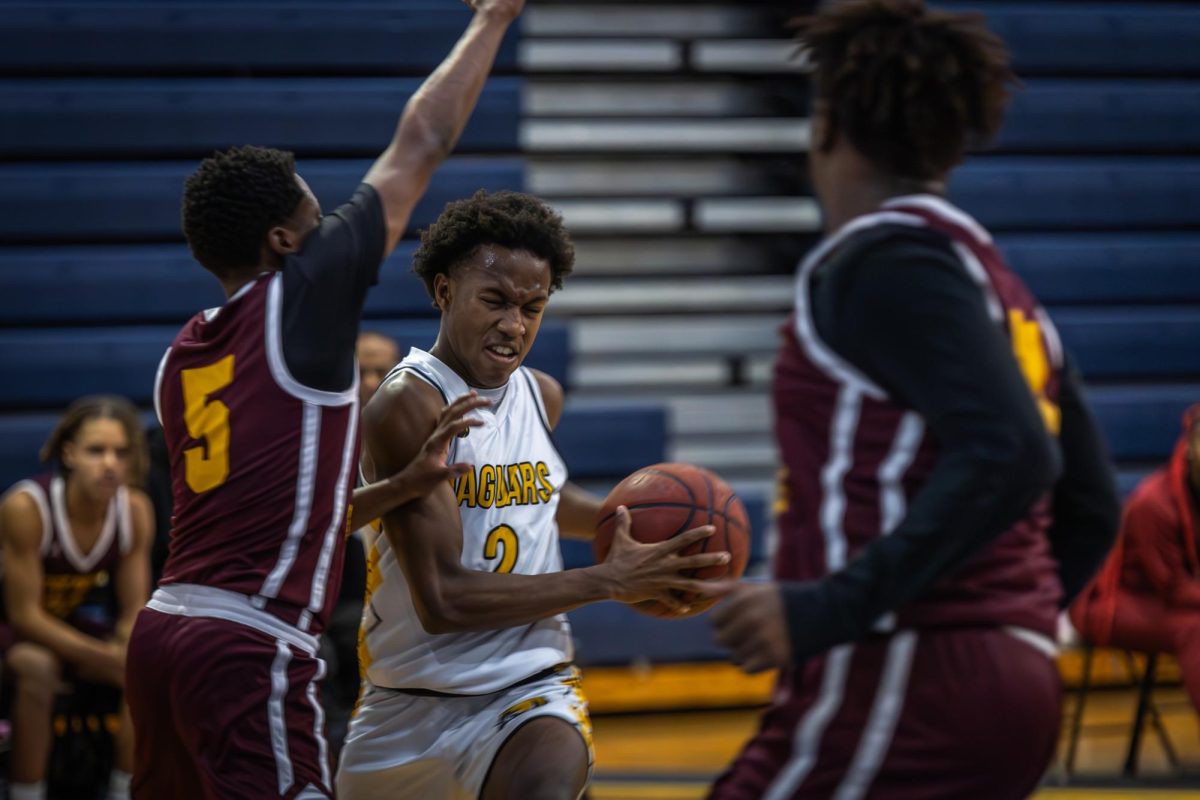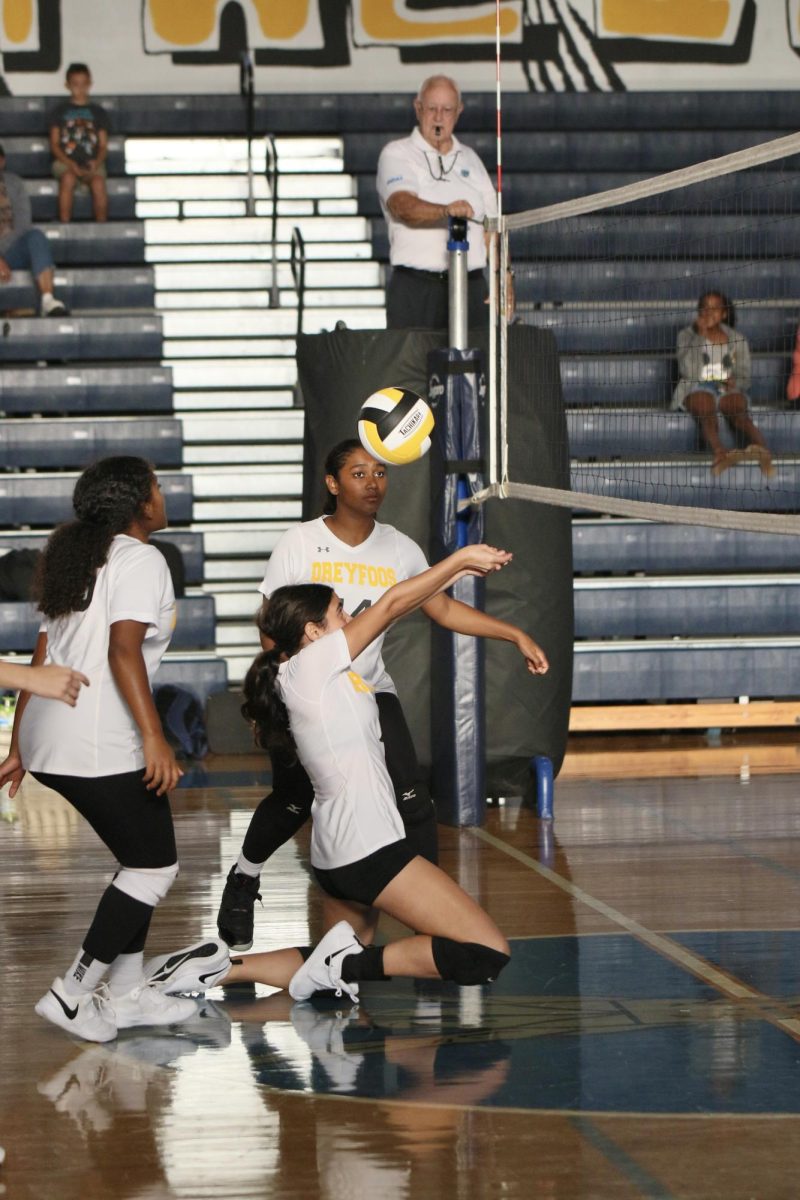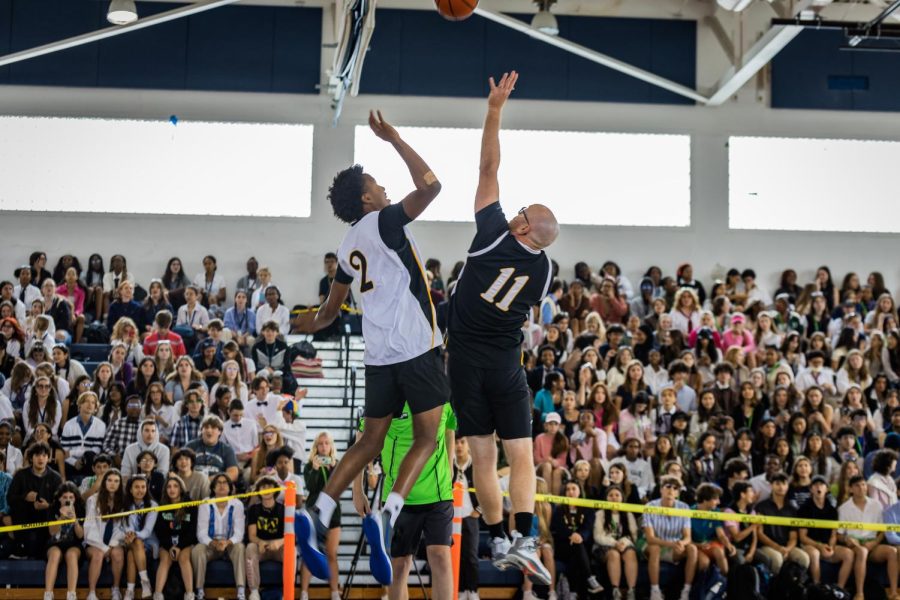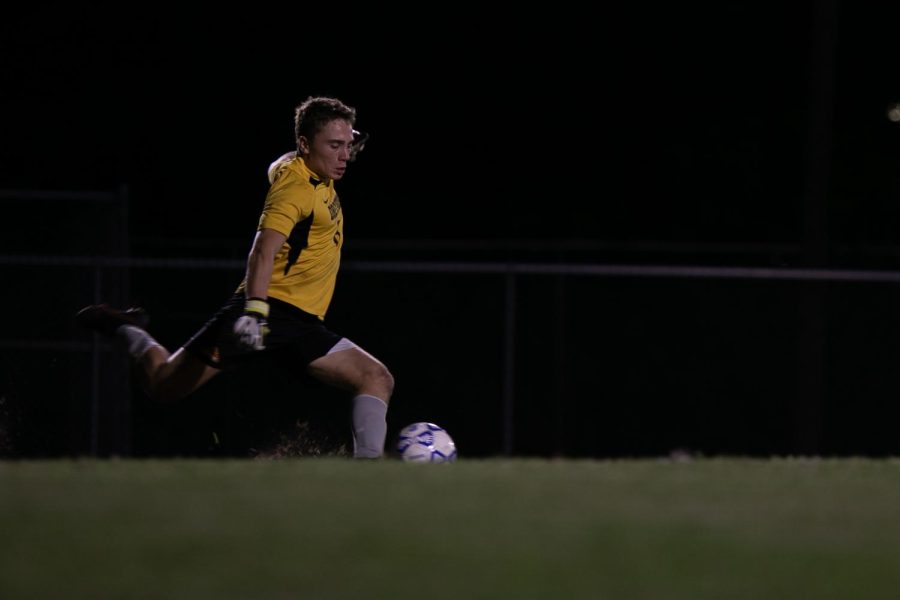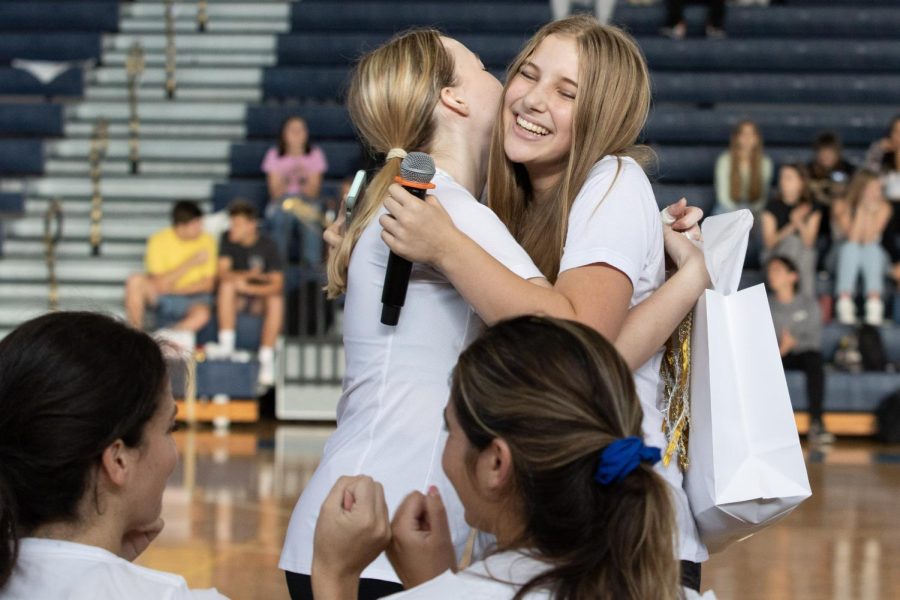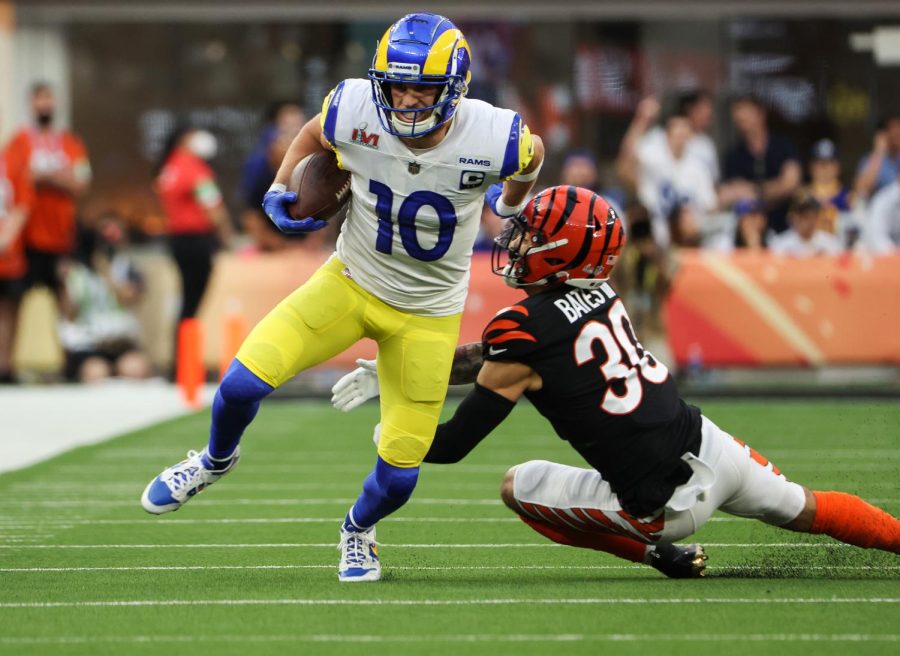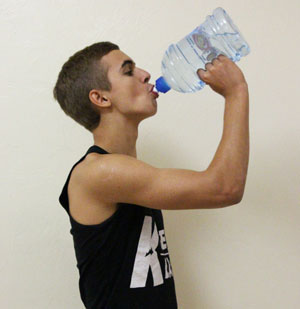Every team goes into their season hoping they can be the most successful. Many teams fulfill their expectations and enjoy the pleasures that come with being the best. However, for one team to win, another must lose. So when there is one team that is successful throughout the season, there is always another that doesn’t know the meaning of the word.
Losing is a brutal reality present in the nature of every sport and, regretfully, it seems to have become a part of my nature as an ice hockey player. While I have experienced the individual successes of the sport (with a Most Valuable Player award, all-star team selection and multiple captain positions), I have been fully exposed to the hardships of being a part of losing teams. So I have a greater knowledge than I would like to of how to deal with consistently ending up on the wrong end of the scoreboard. From this experience I have learned that if you’re not going to win, then you must go about your losing ways in a proper manner
“Don’t be a sore loser” is one of the most well-know sports clichés. It refers to the actions after a loss that include screaming at the other team, trying to fight the opposing players, blaming the referees, yelling at your own teammates or throwing a temper tantrum immediately following the conclusion of the game. I have been losing consistently for the past few years, and have admittedly displayed some of these traits that would label me a sore loser. But over the years of losing I have learned from my mistakes, and have devised a mental manual of how to successfully go about being unsuccessful.
It is a tradition to line up and shake hands with the opposing team immediately after a hockey game. Before I knew how to lose, I would talk smack to each player as I passed by them without shaking their hands. And if they decided to respond to my pleasantries, I would kindly shove my fist in their face. I understand now that that is not the proper way to show sportsmanship, and now go about the hand-shake line in a much different manner. I firmly shake each player’s hand and congratulate them on their victory, and leave it at that. The blame game was something I loved to play after losing a real game. The referees, the dirty opposing players, my teammates, my coach, my coach’s dog; they were all undoubtedly at fault for our loss more than I was. I have since internalized my blame and realized that one of the best ways to deal with defeat is figure out what I did wrong individually and determine how fix it for the next game.
Ideally, I would love to be able to avoid these actions by being on the winning side of the game. But dealing with defeat is something that almost every athlete has had to endure. Although the teams I have played for often finish last, my post-loss actions have gone from worst to first.

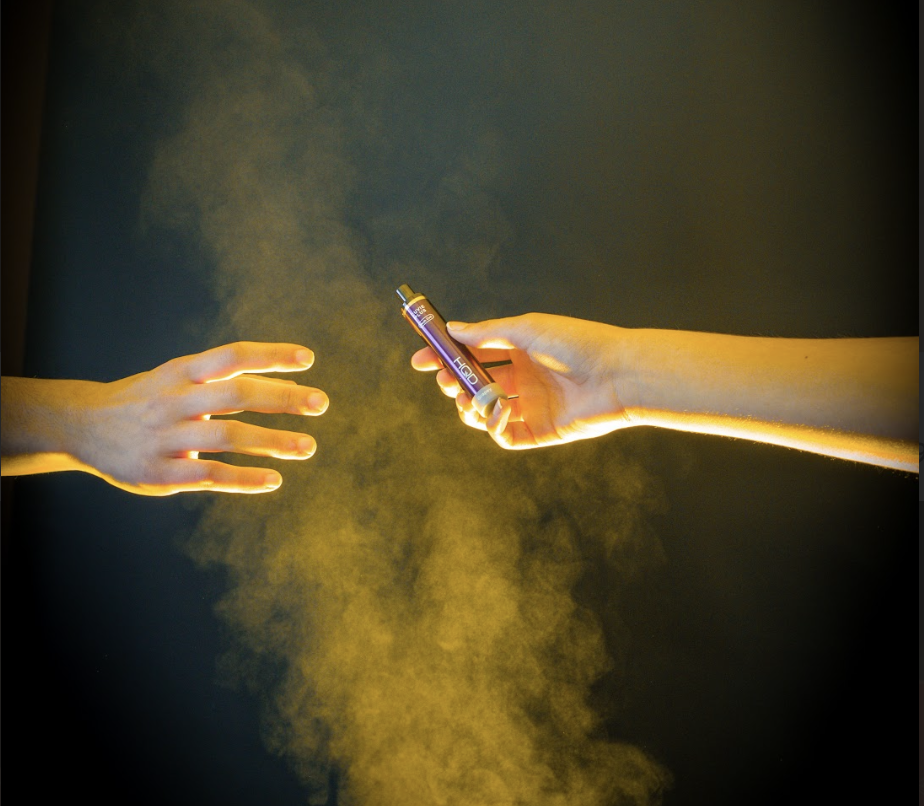

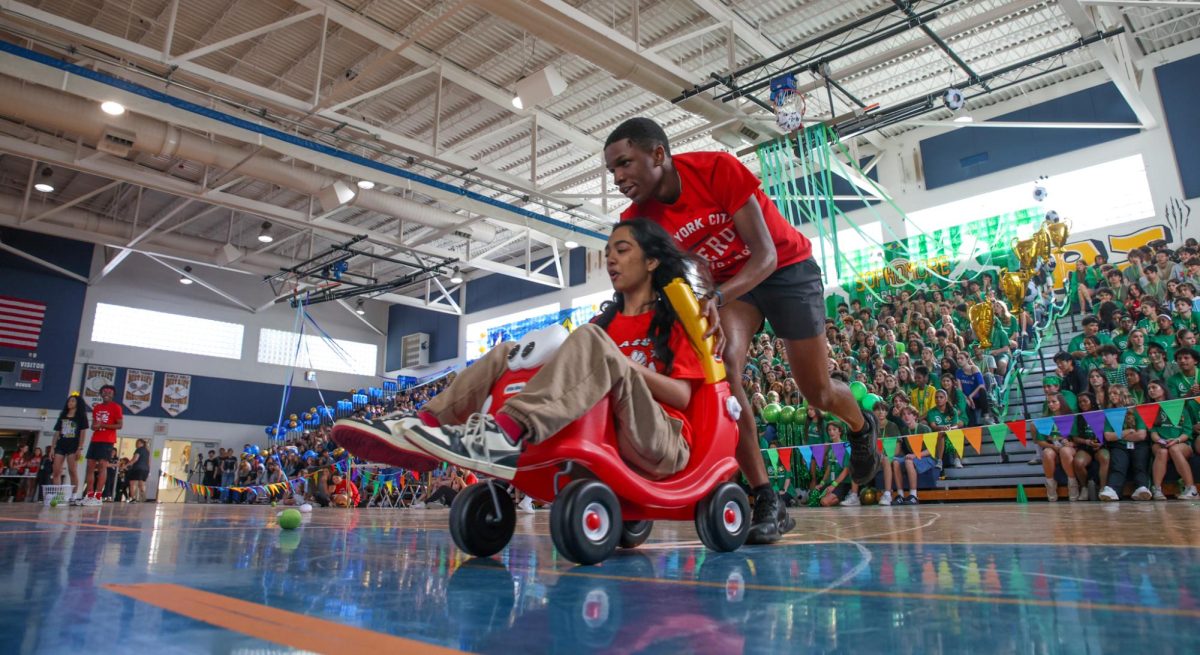
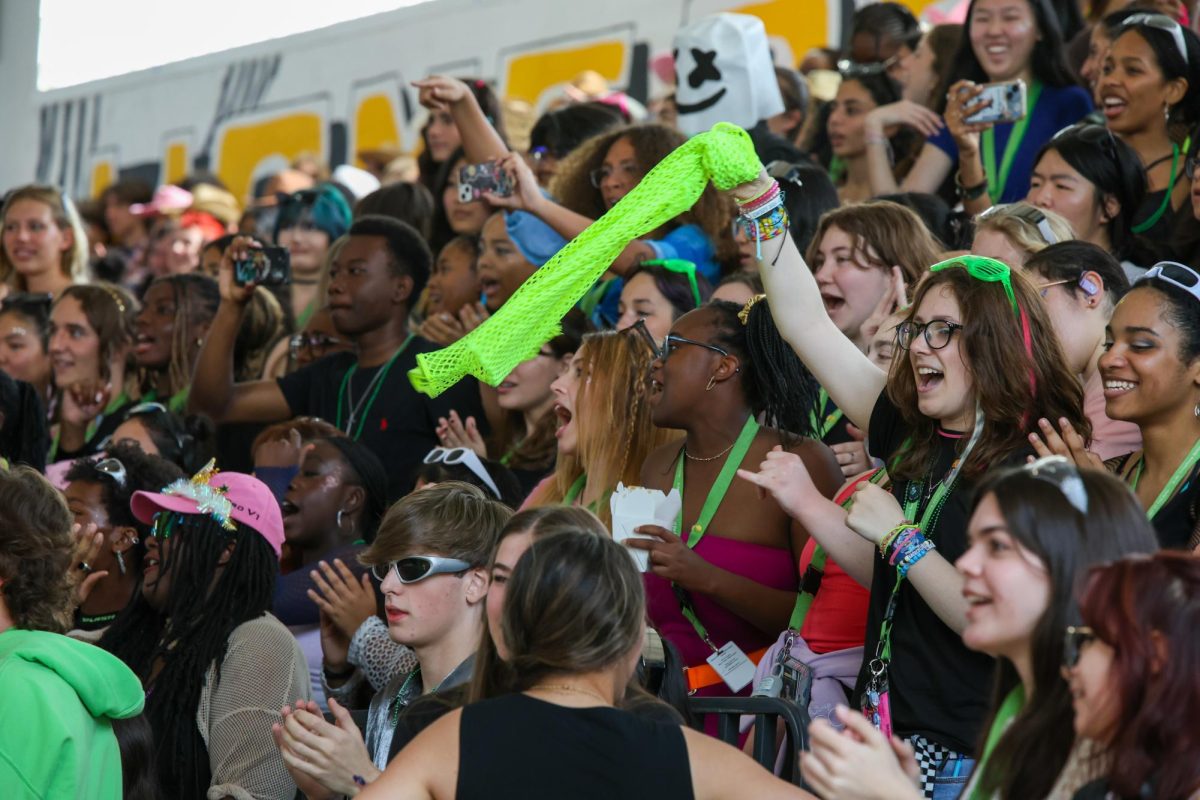
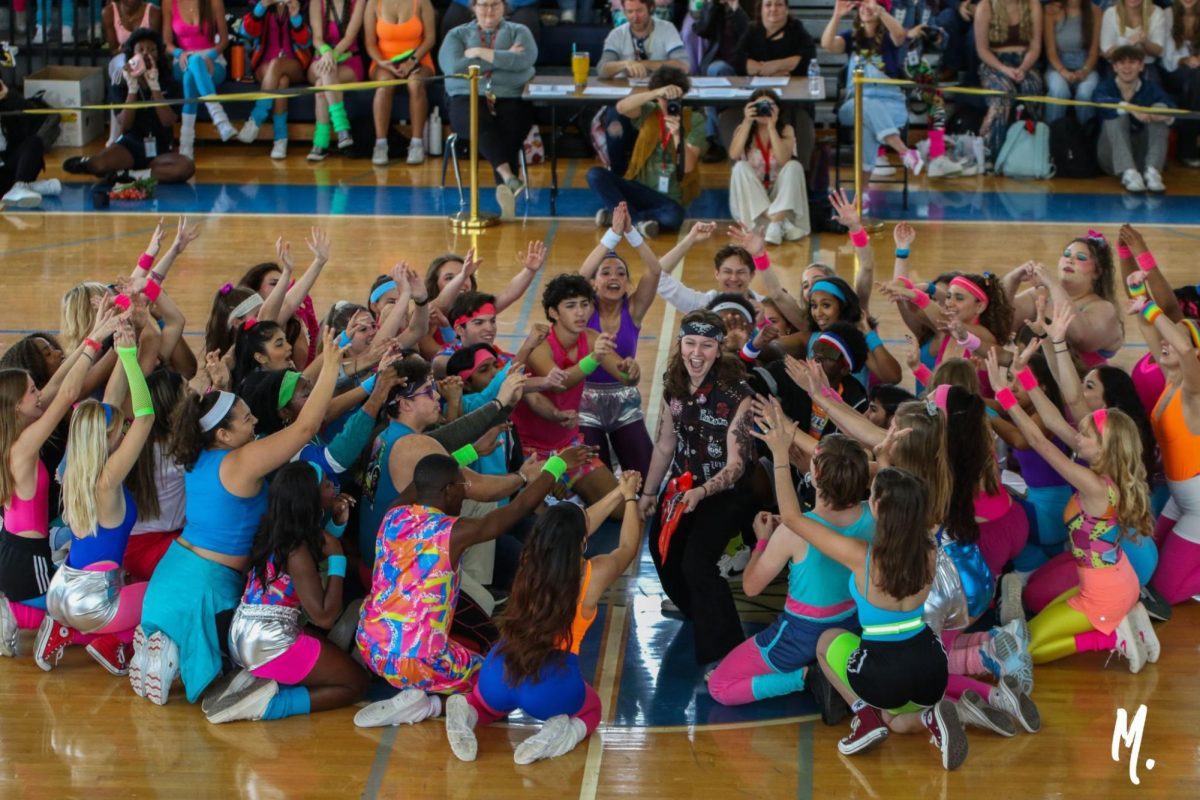
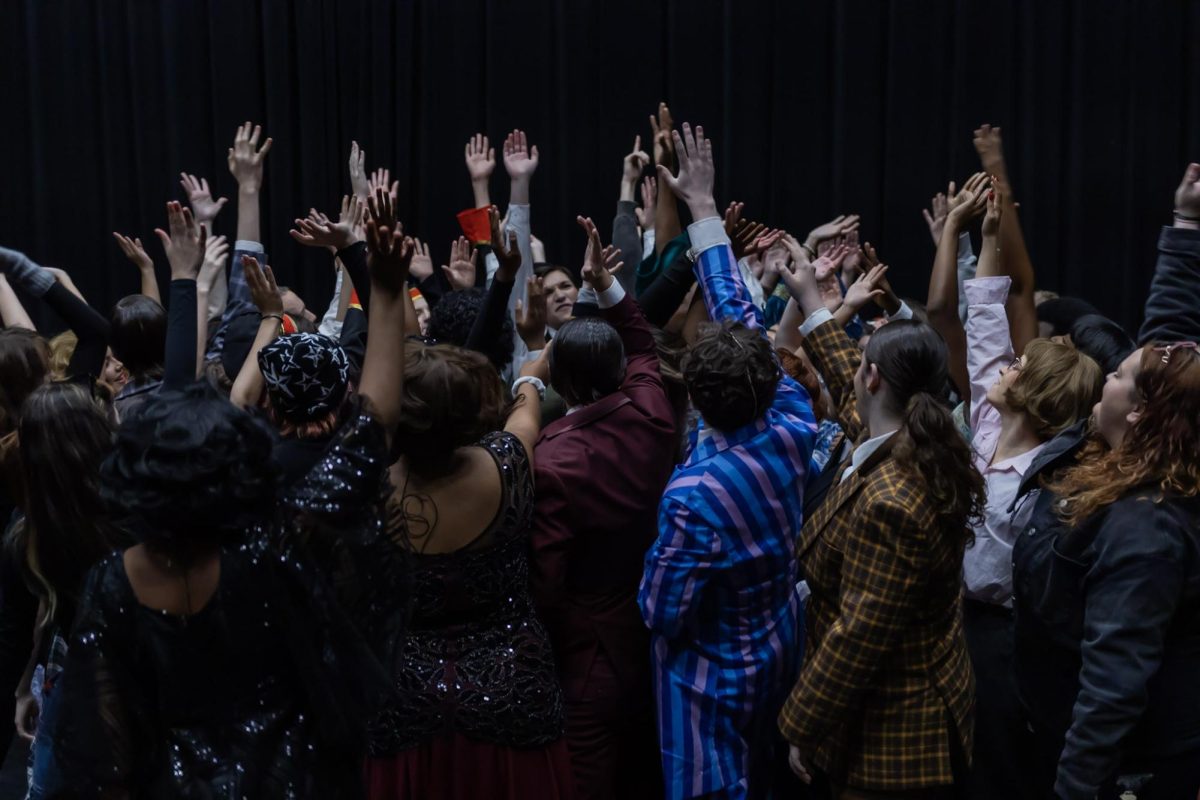
![[BRIEF] Fire Alarm Interrupts Class](https://www.themuseatdreyfoos.com/wp-content/uploads/2023/10/breaking-news-1200x927.png)
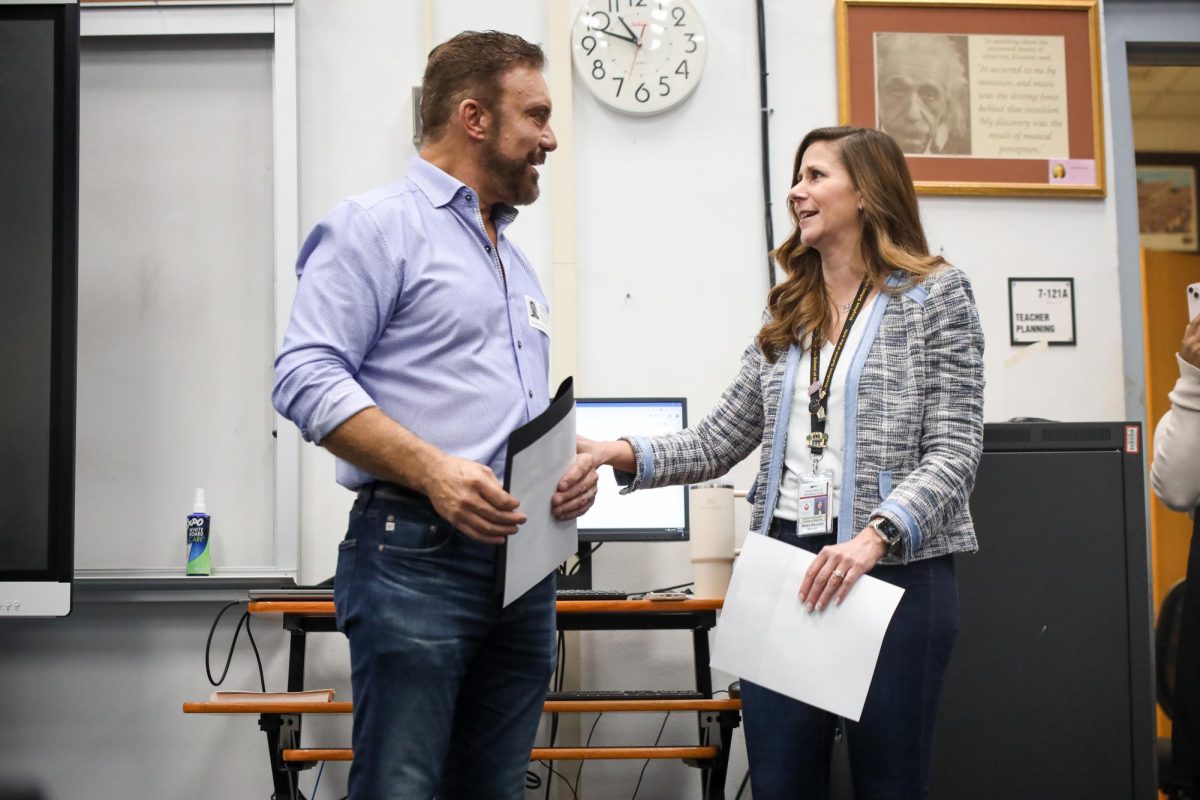
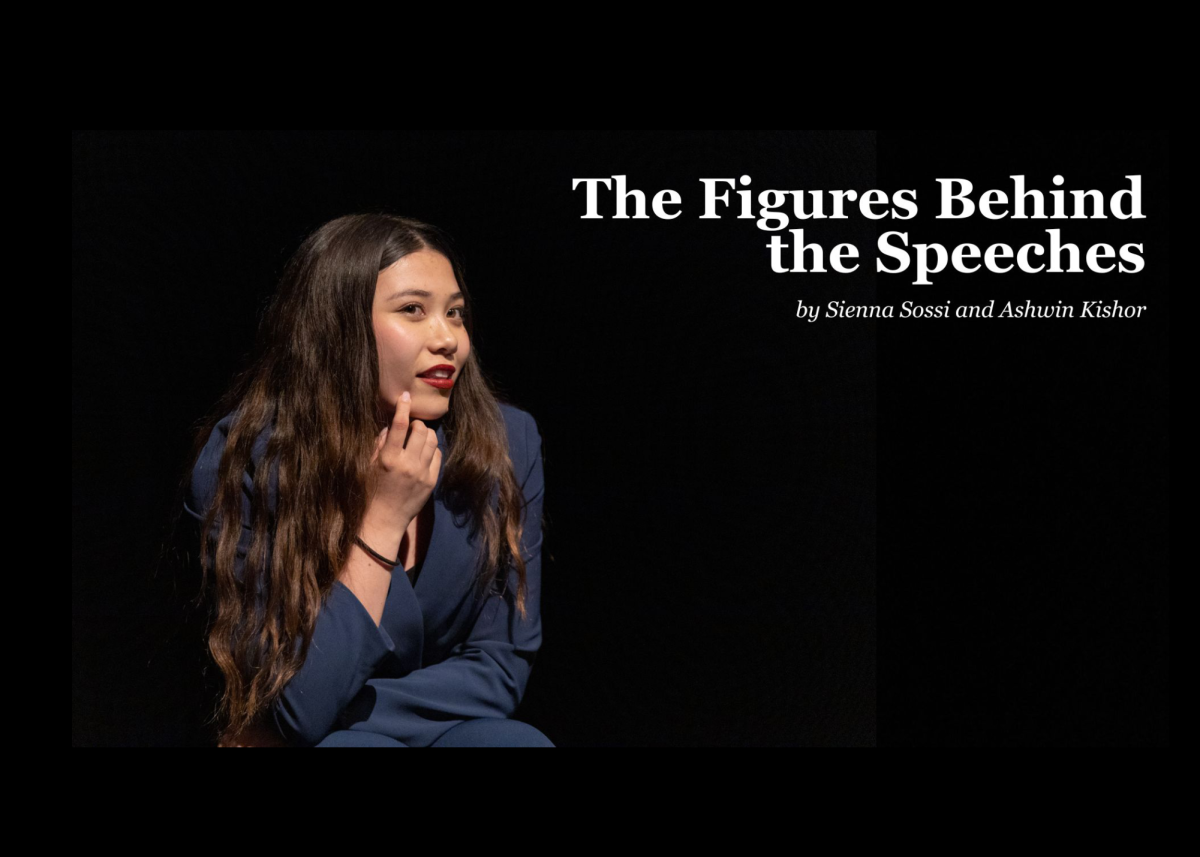

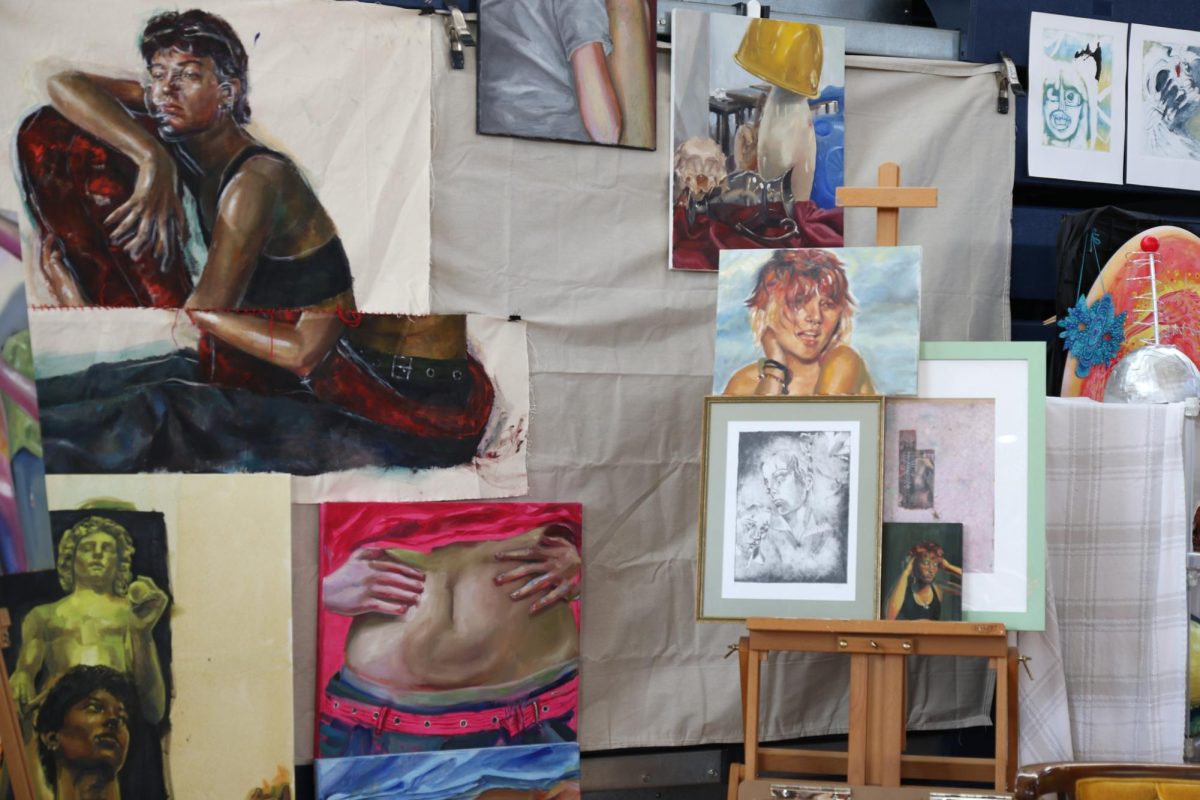
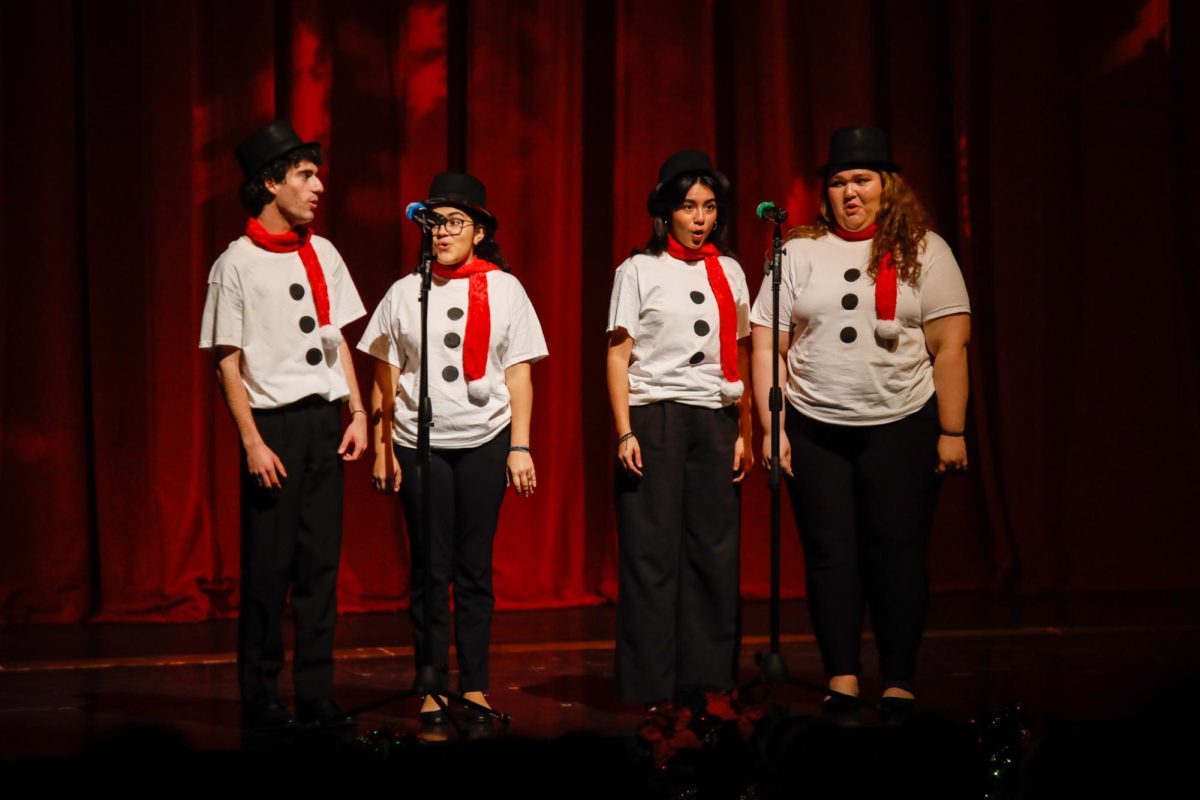
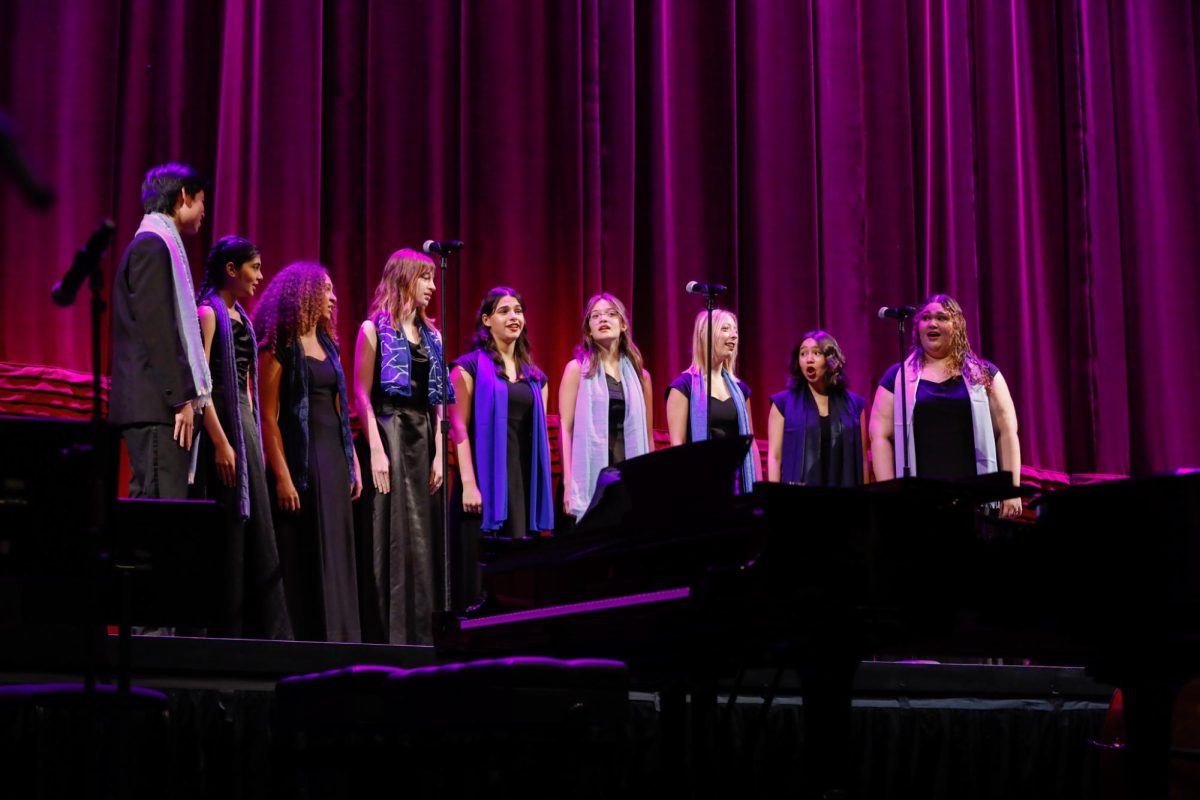
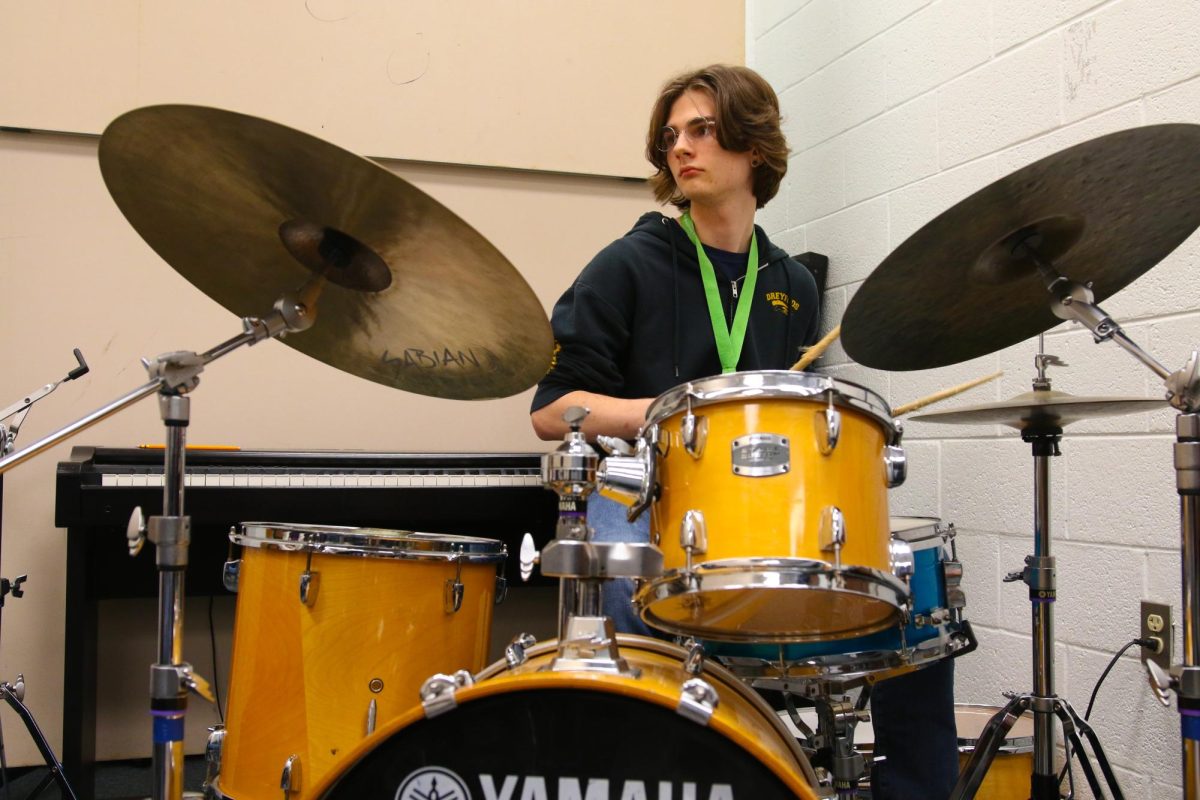
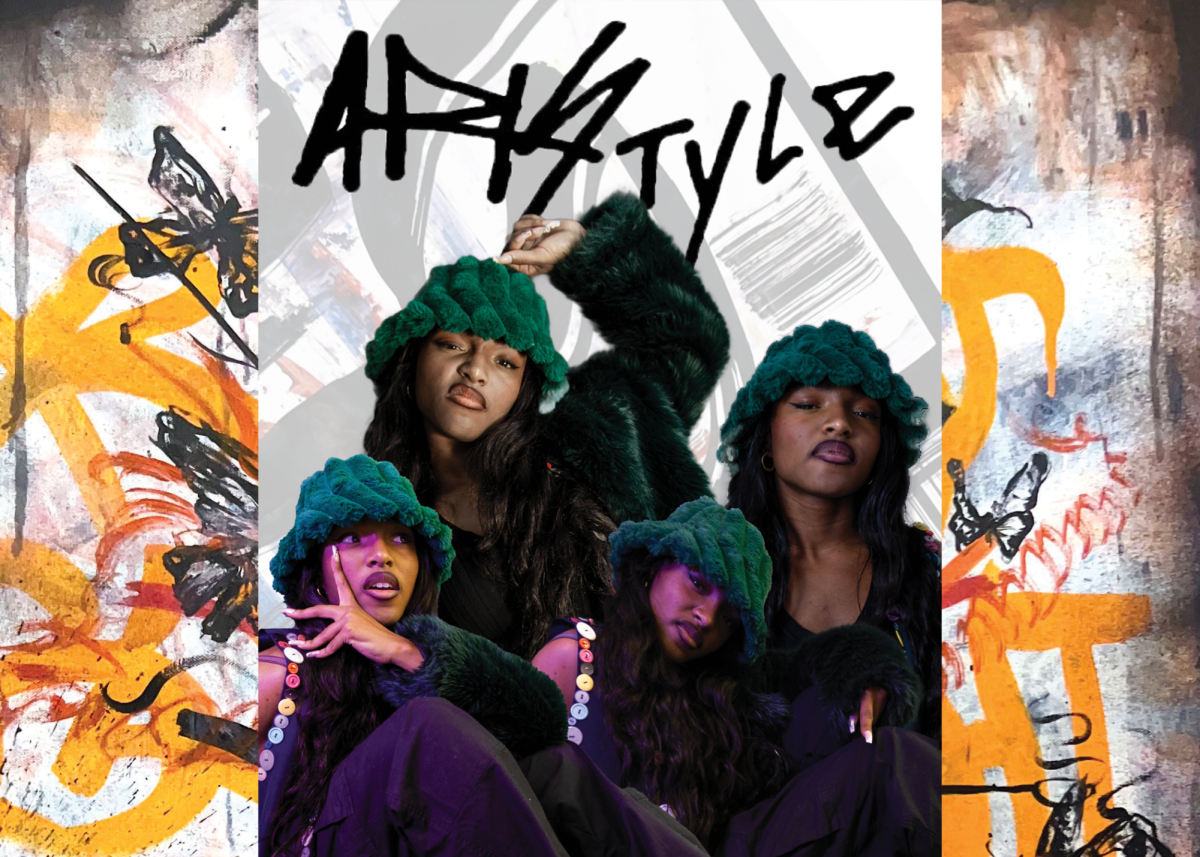
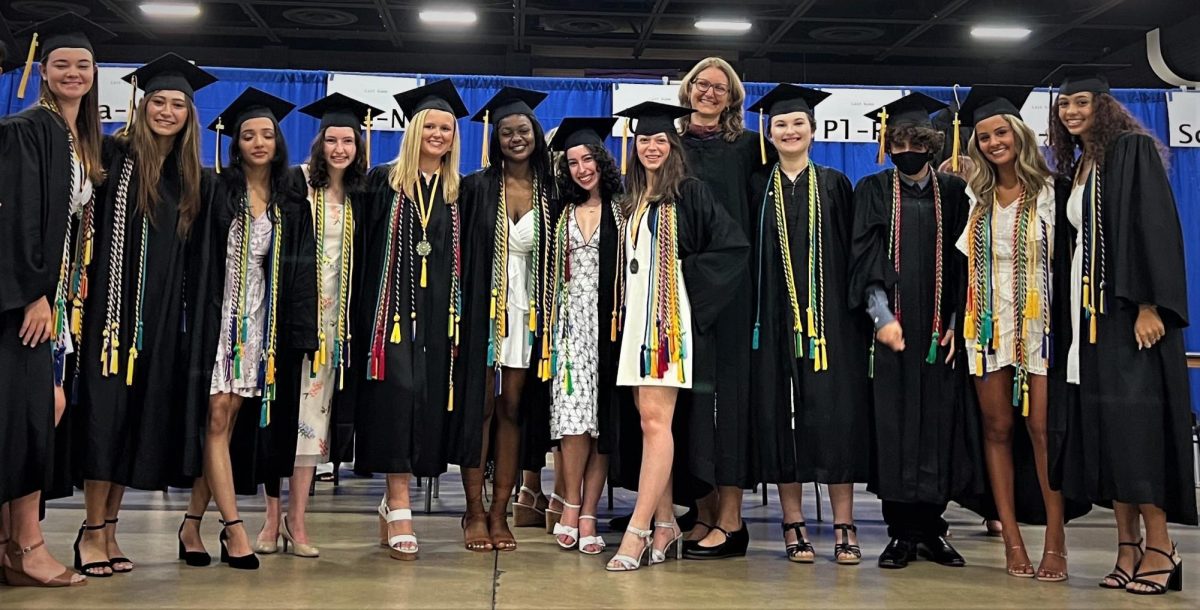
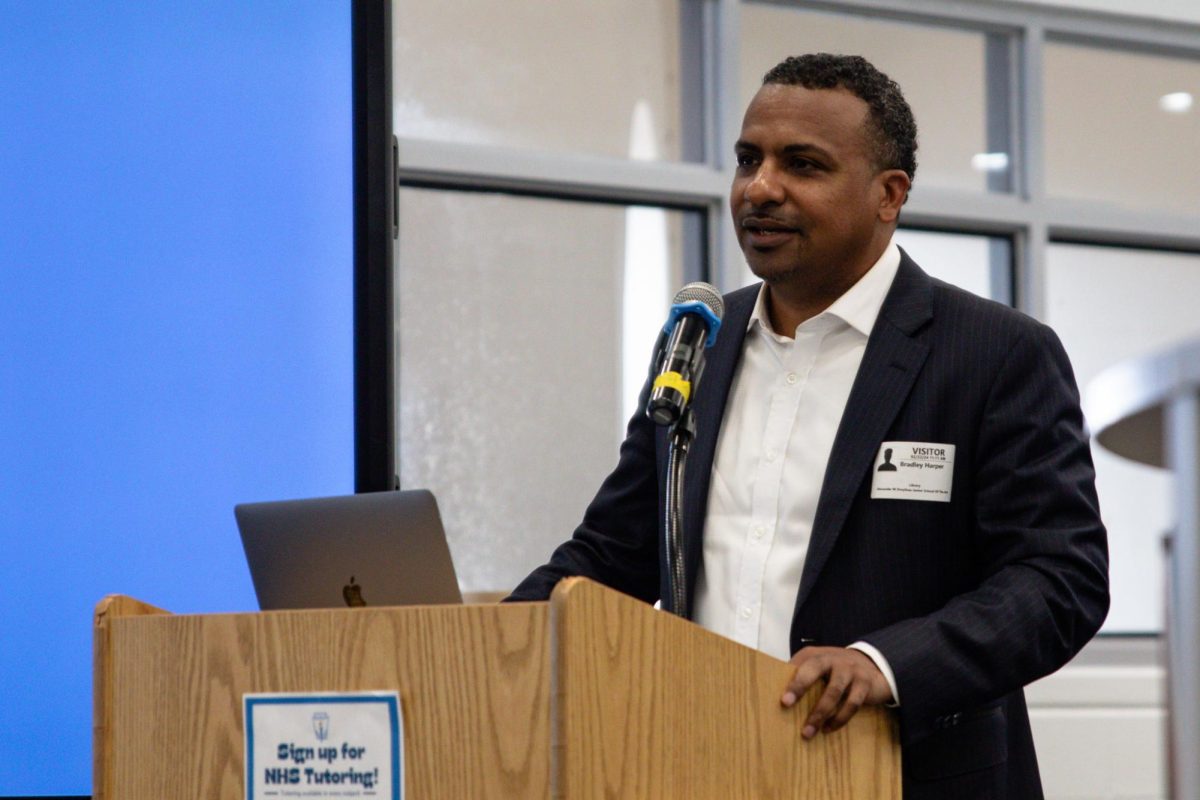
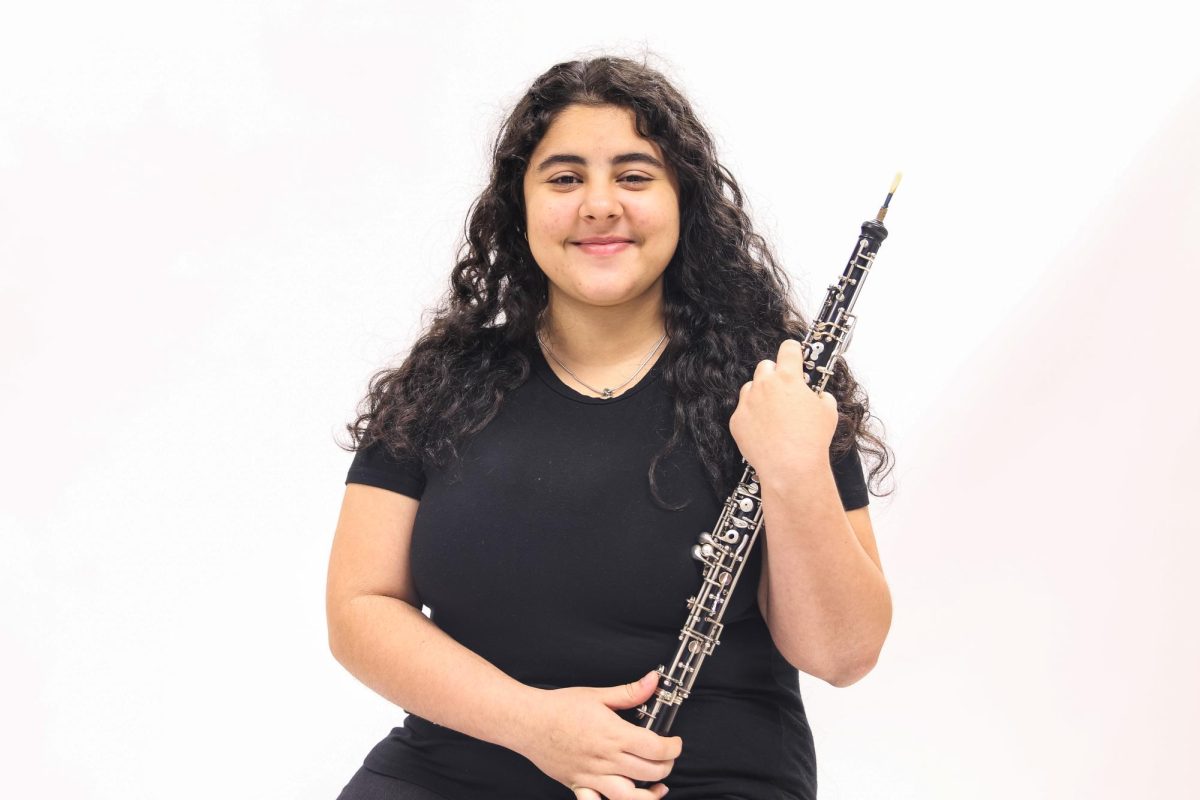
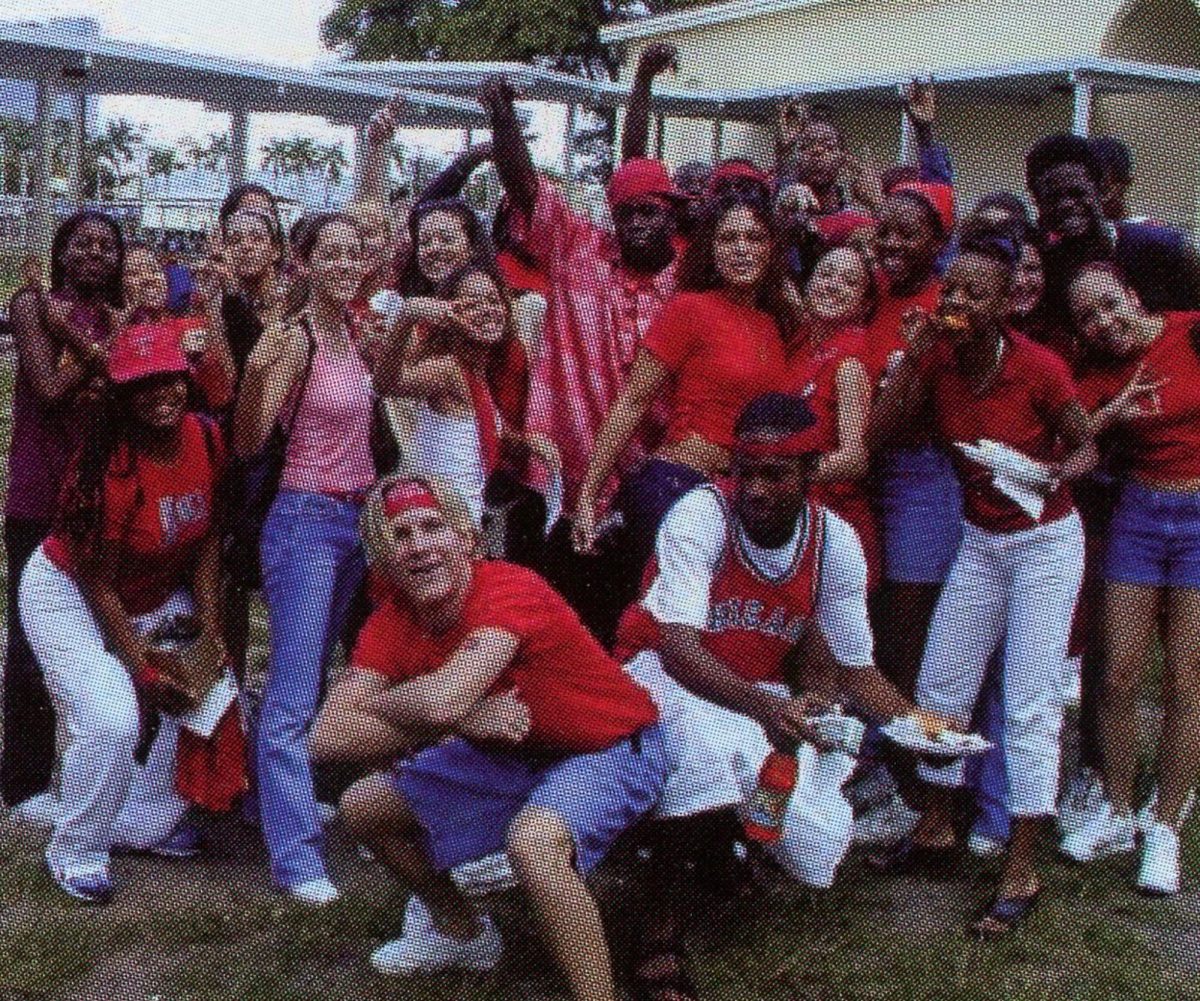
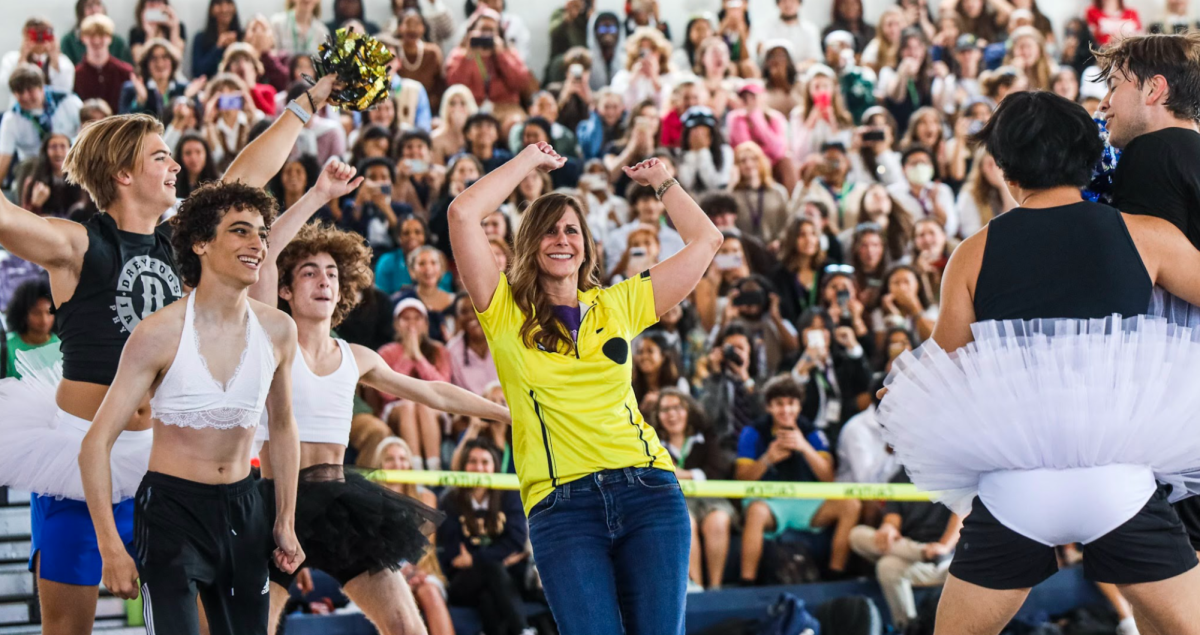

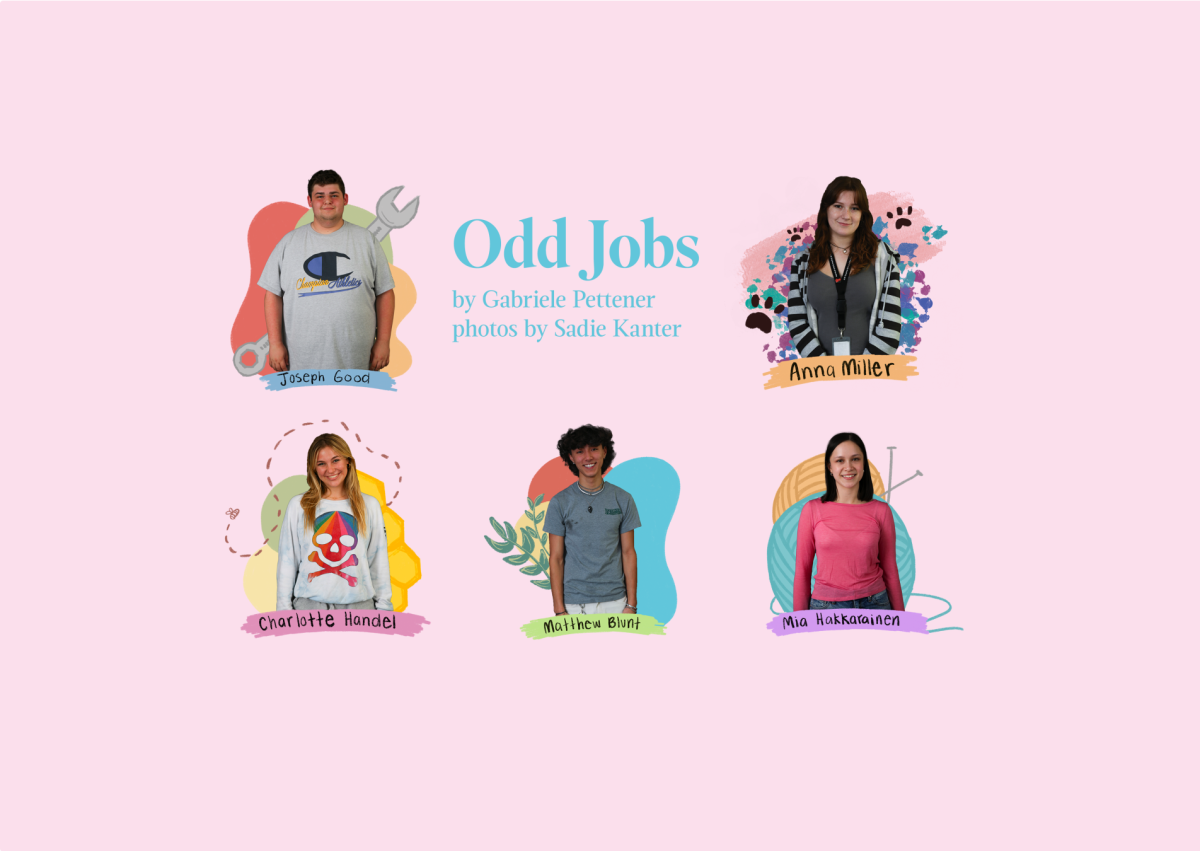
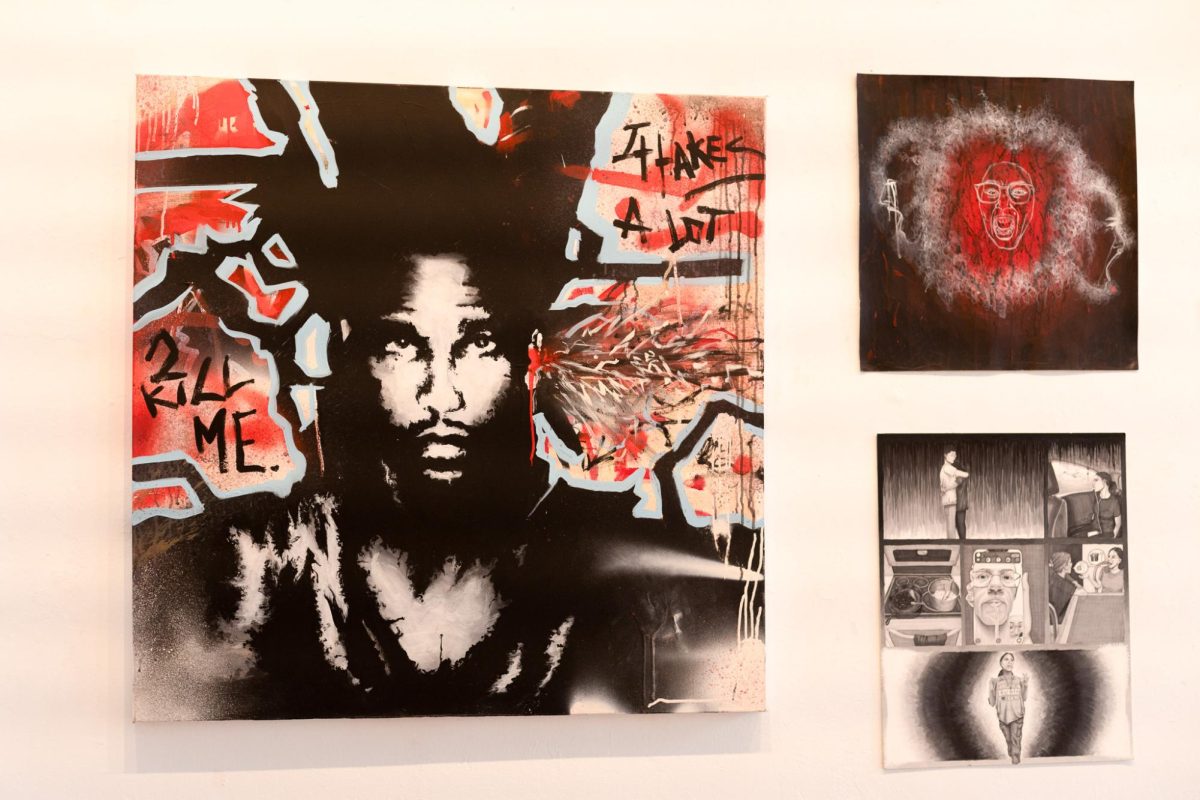


![[SATIRE] Spirit Week: Written in the Stars](https://www.themuseatdreyfoos.com/wp-content/uploads/2024/03/front.png)
